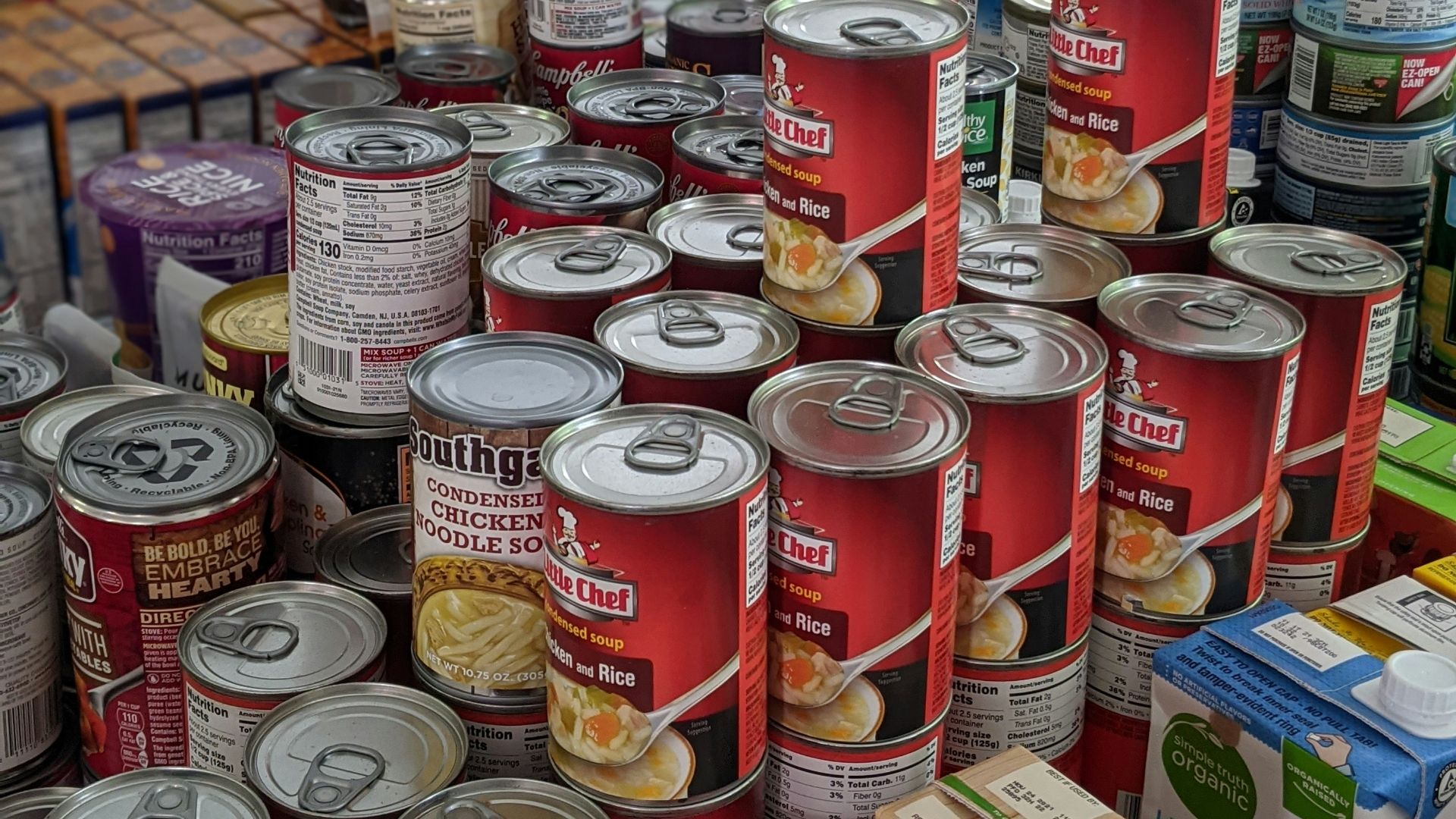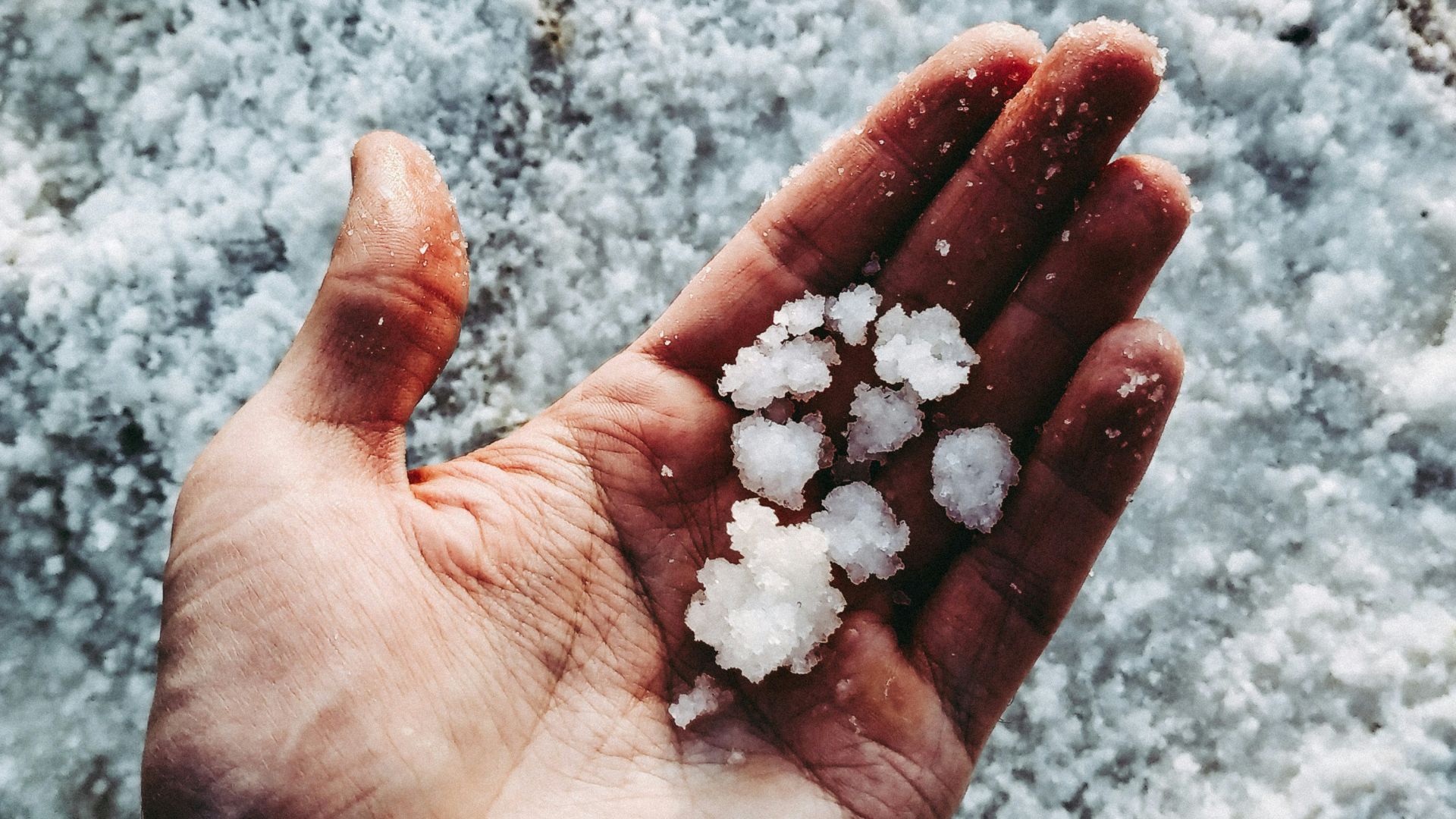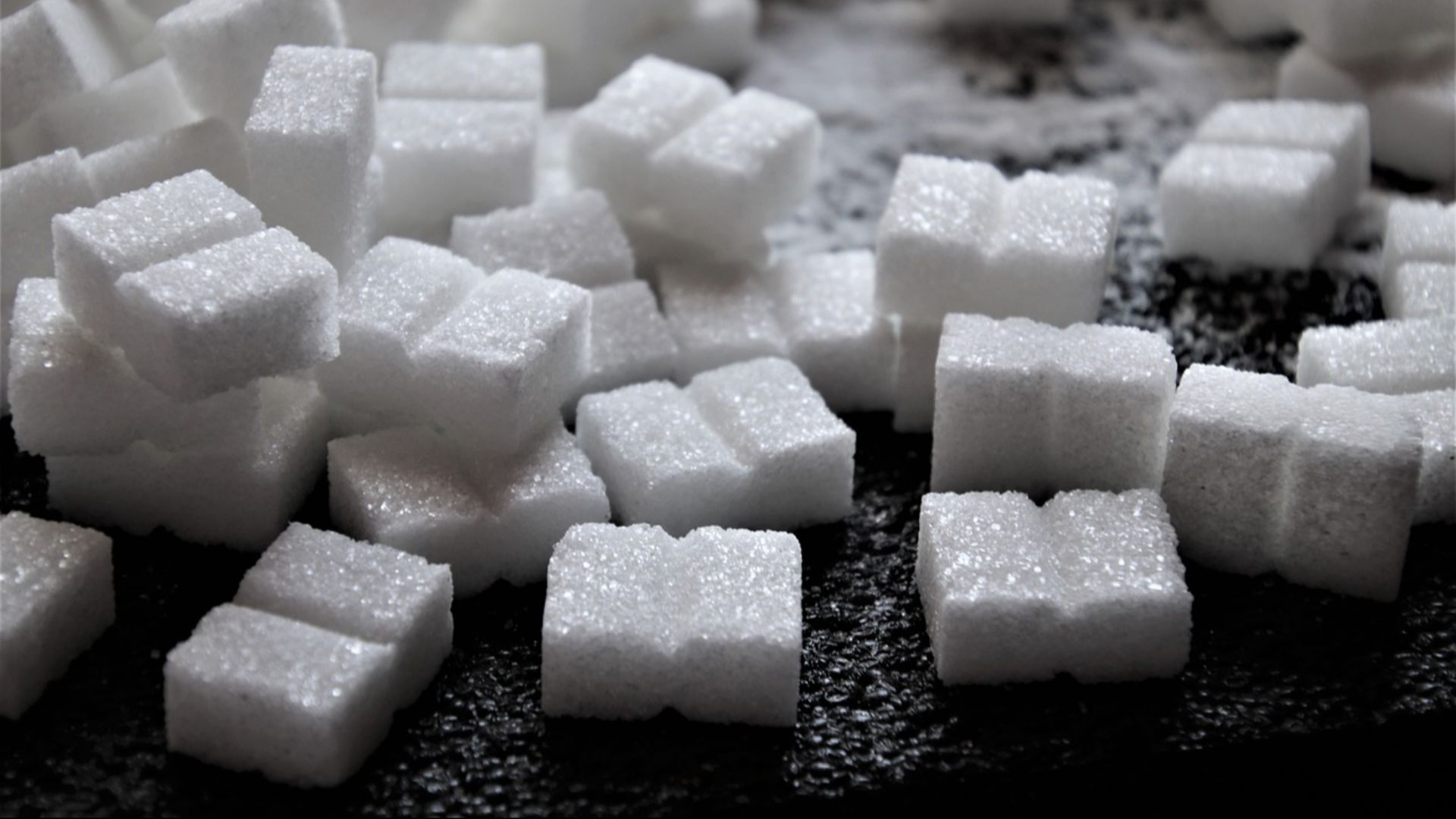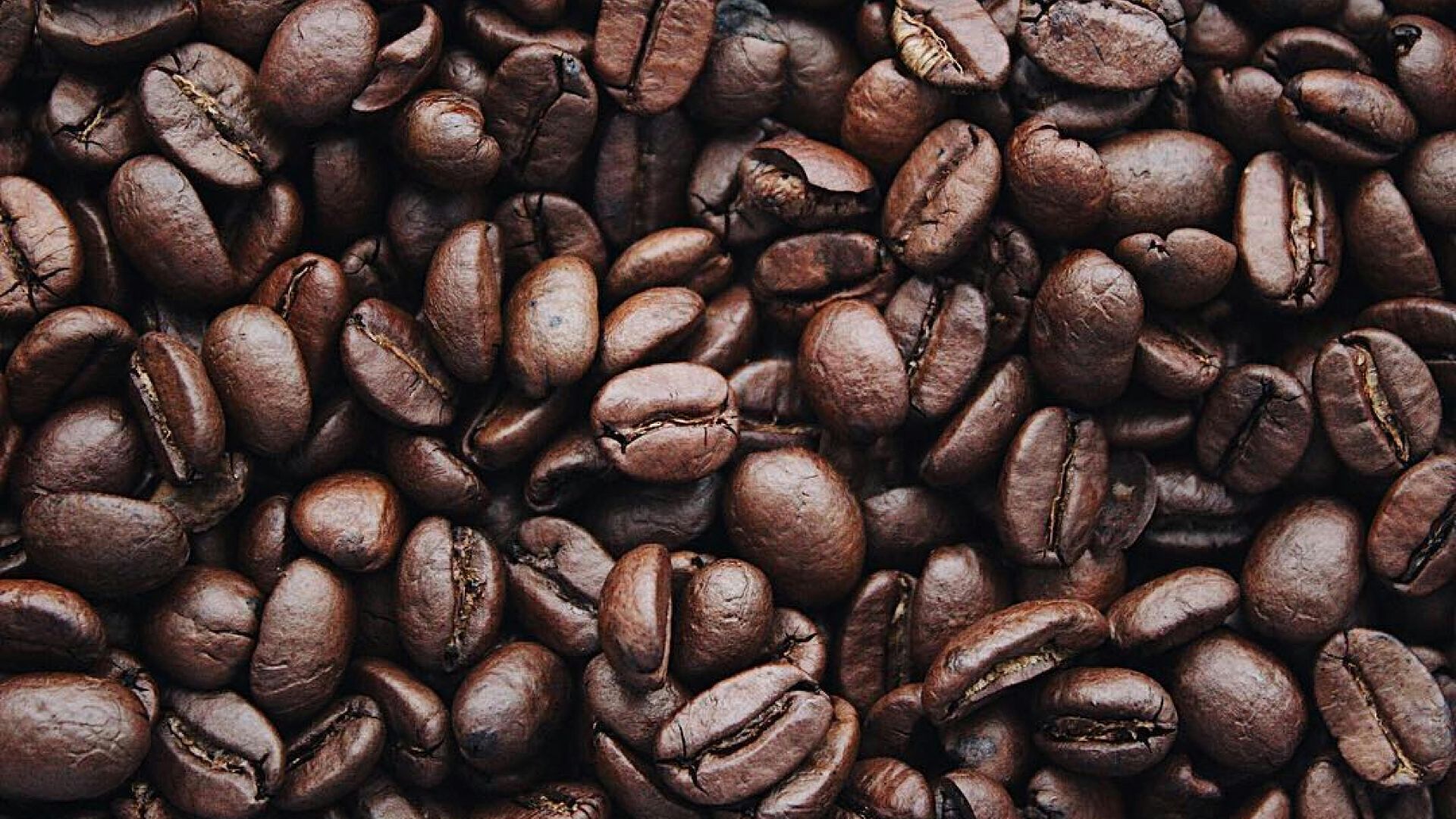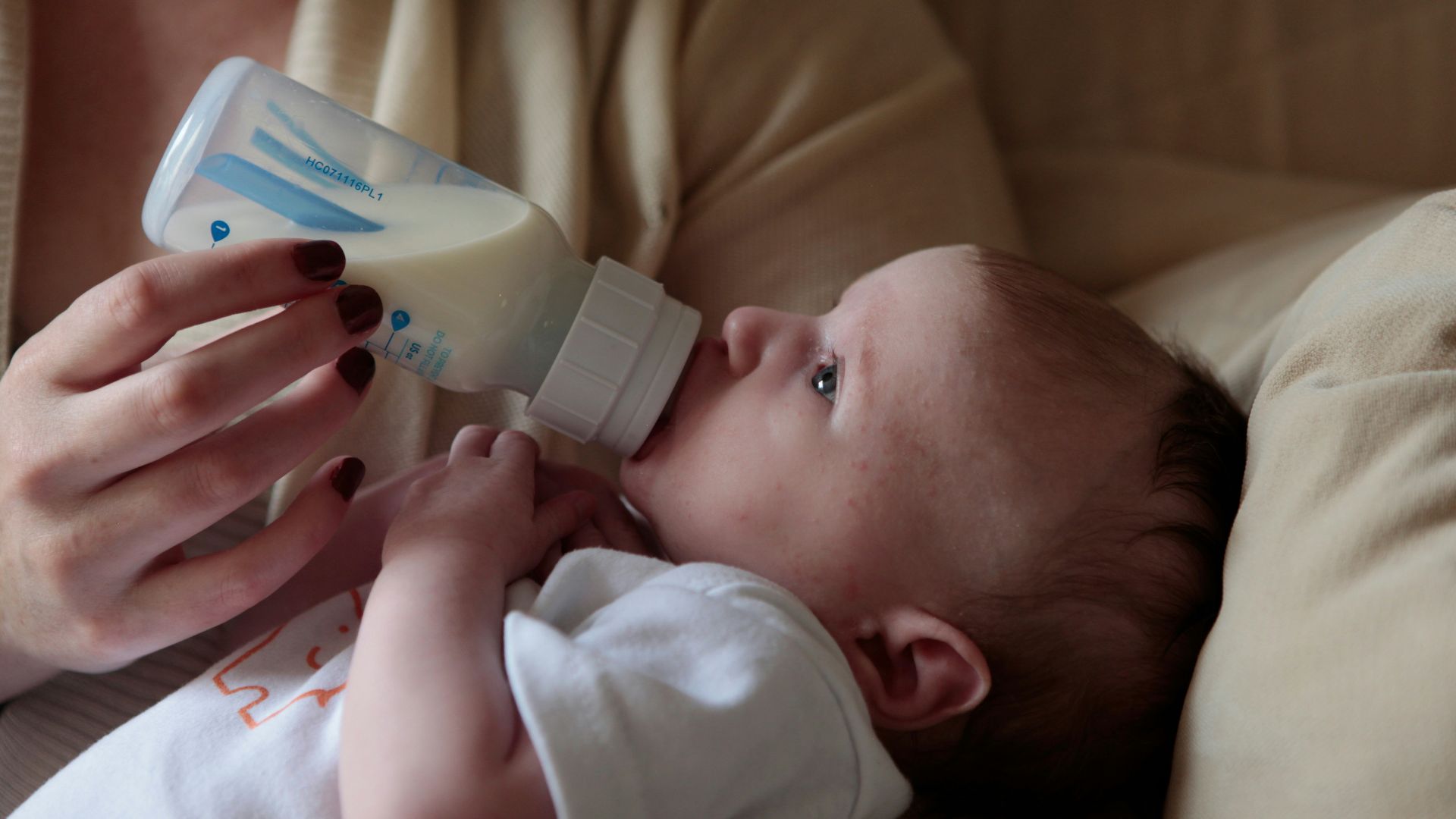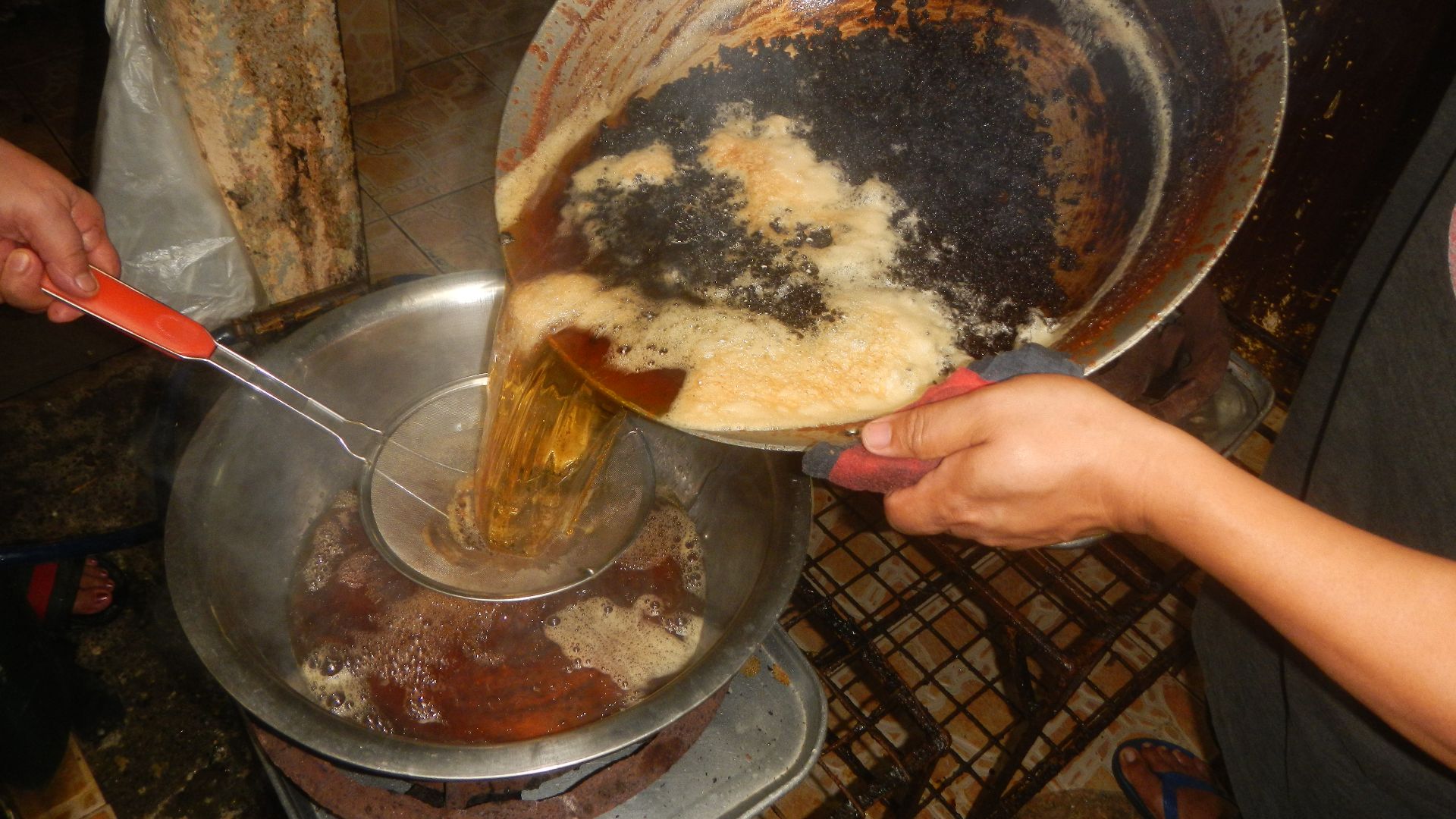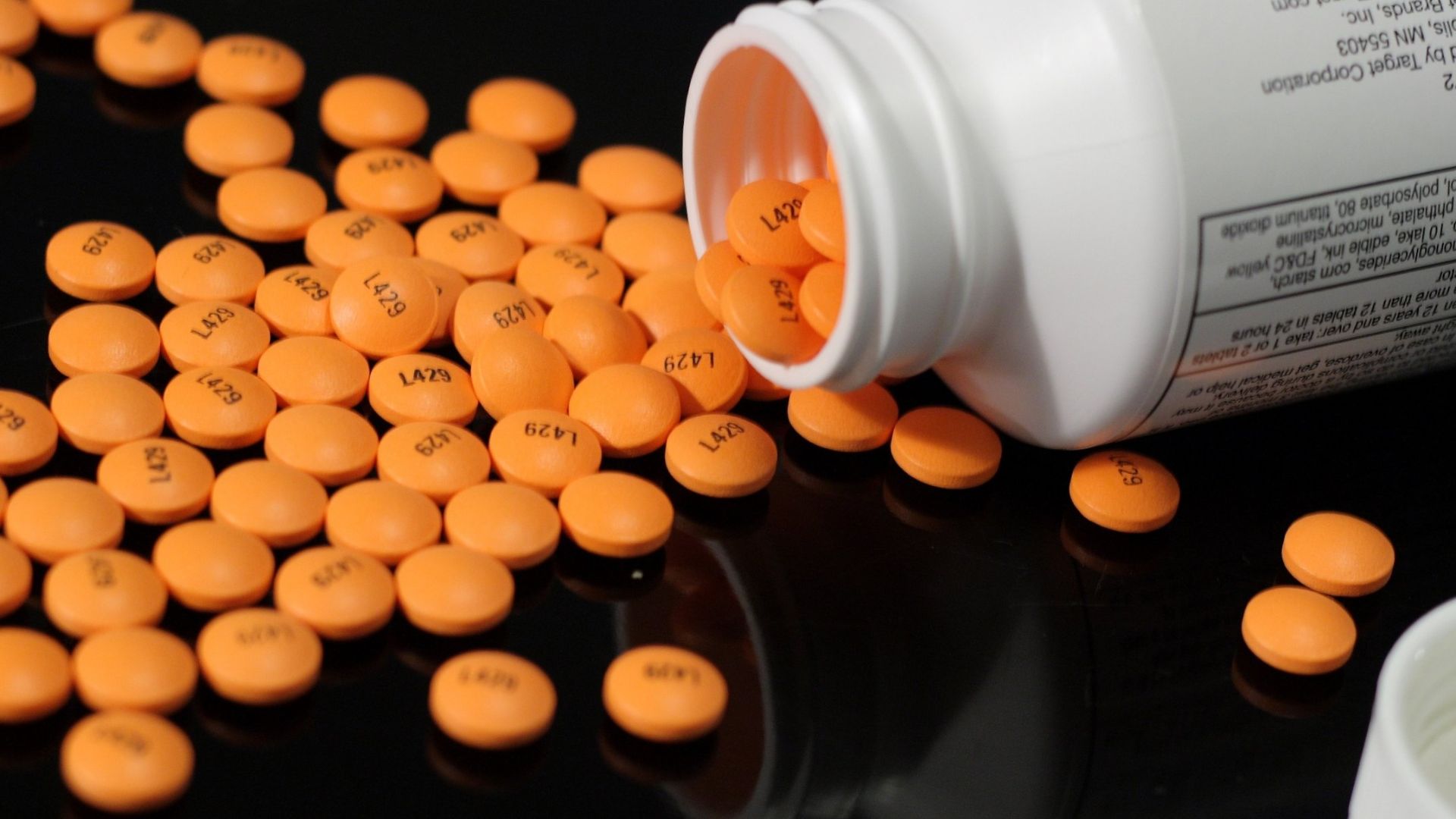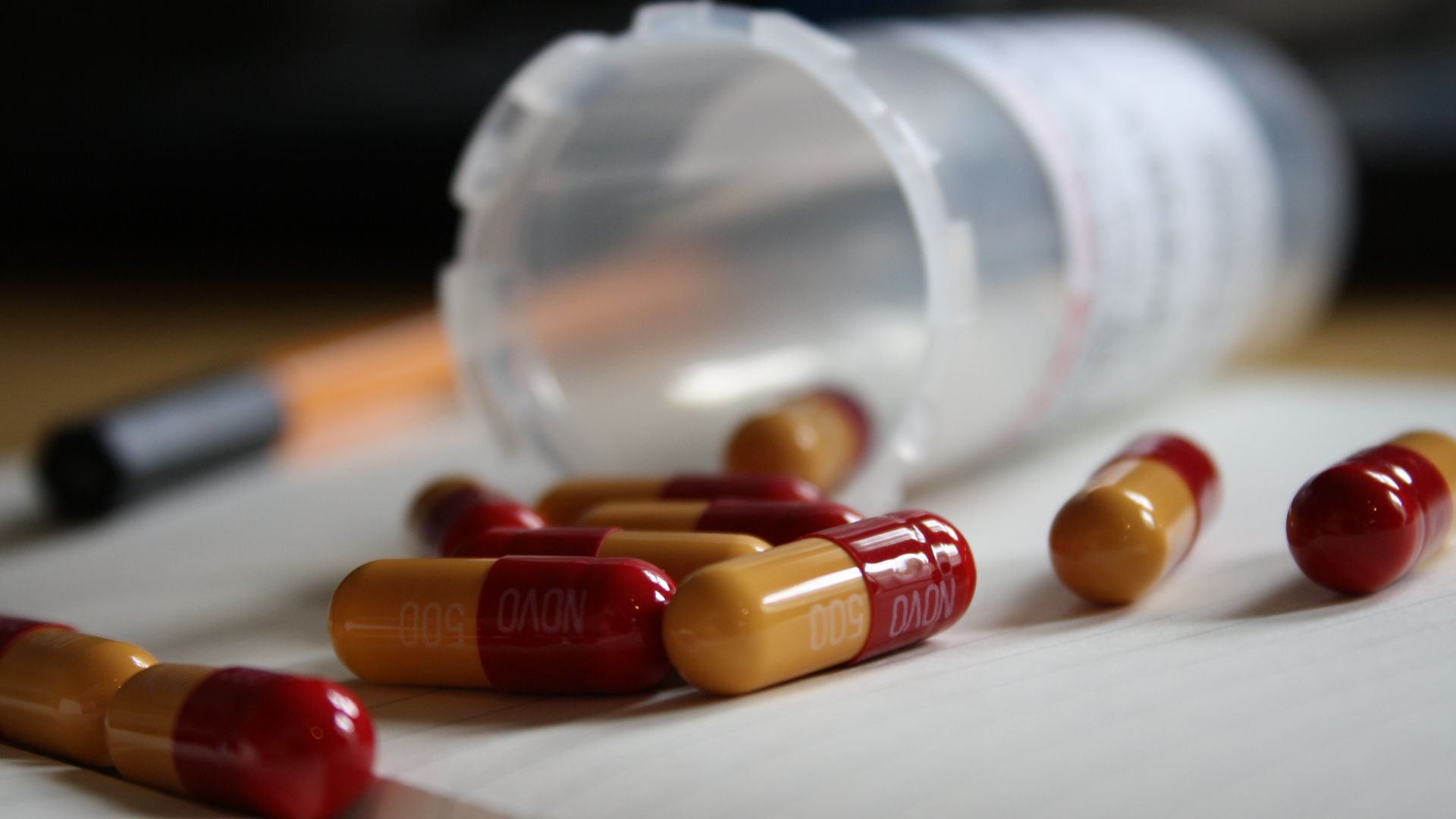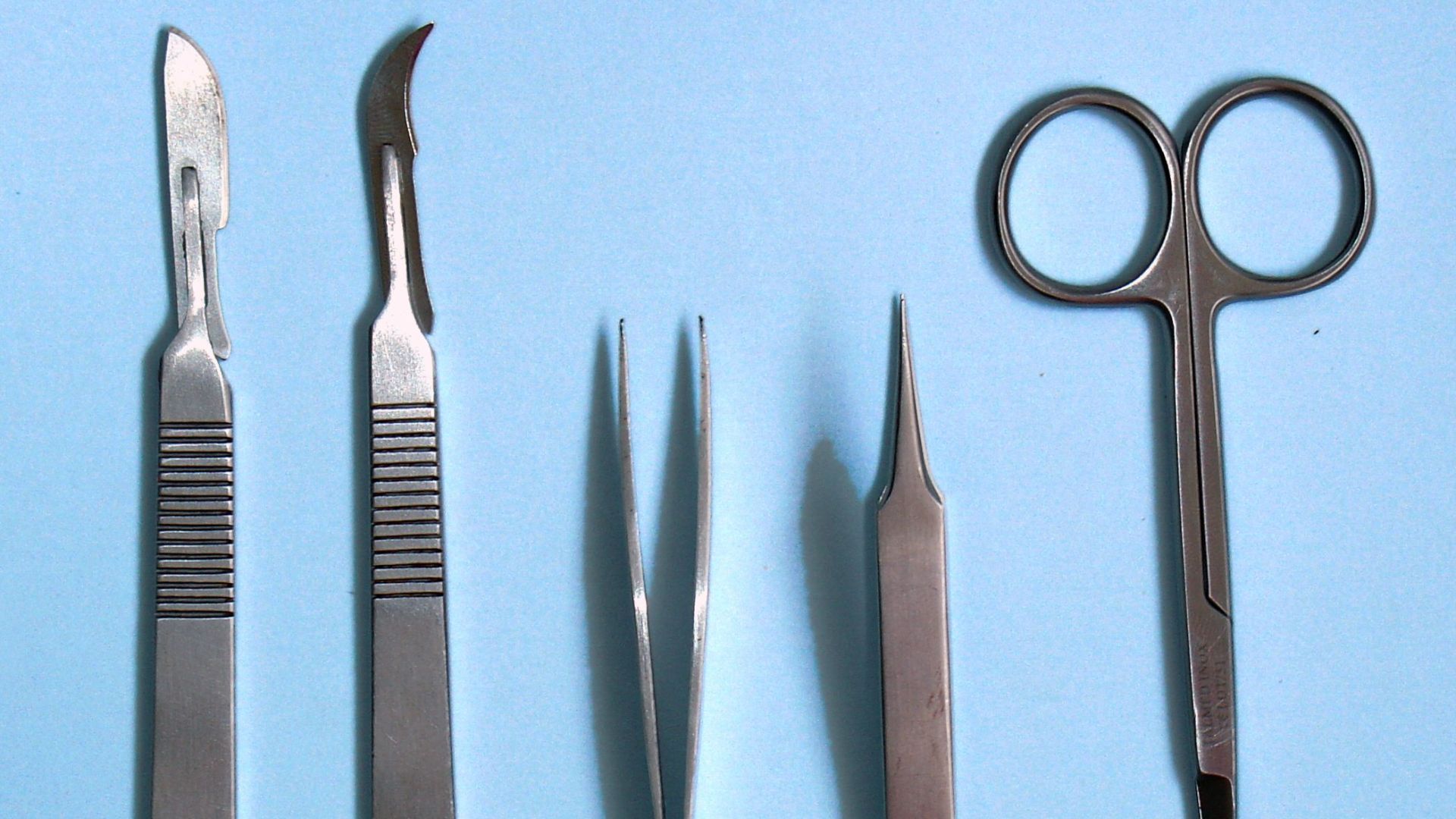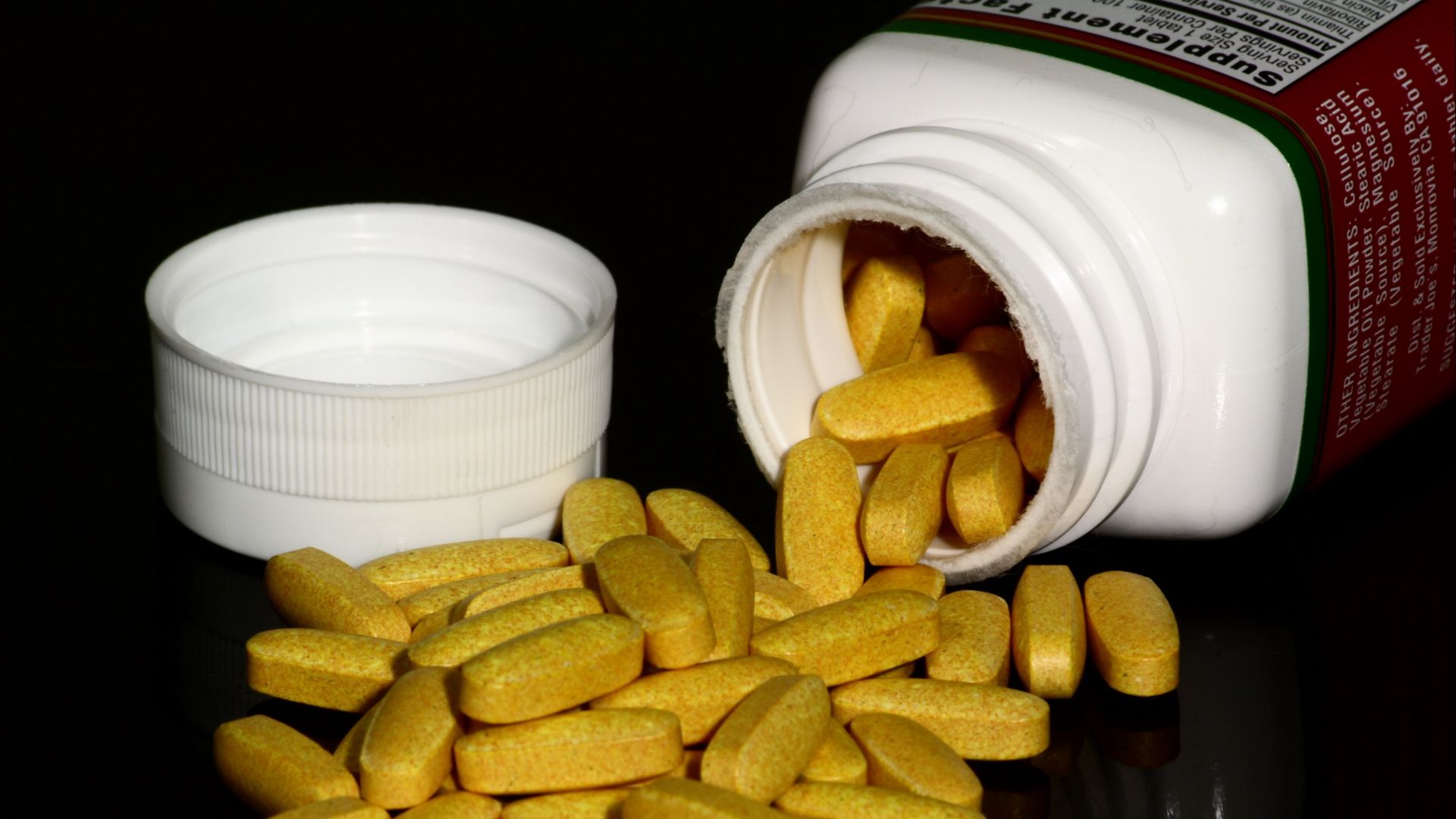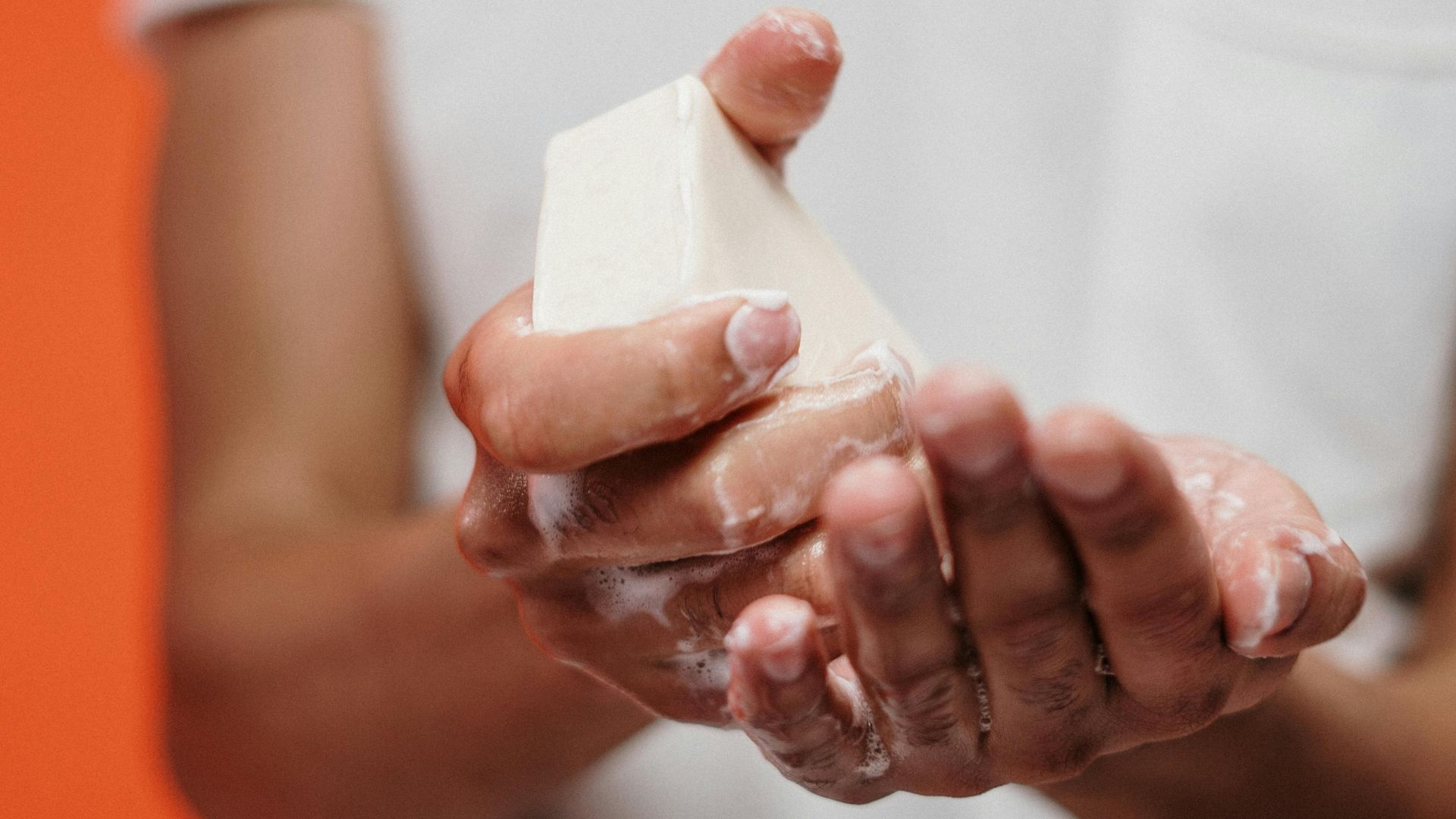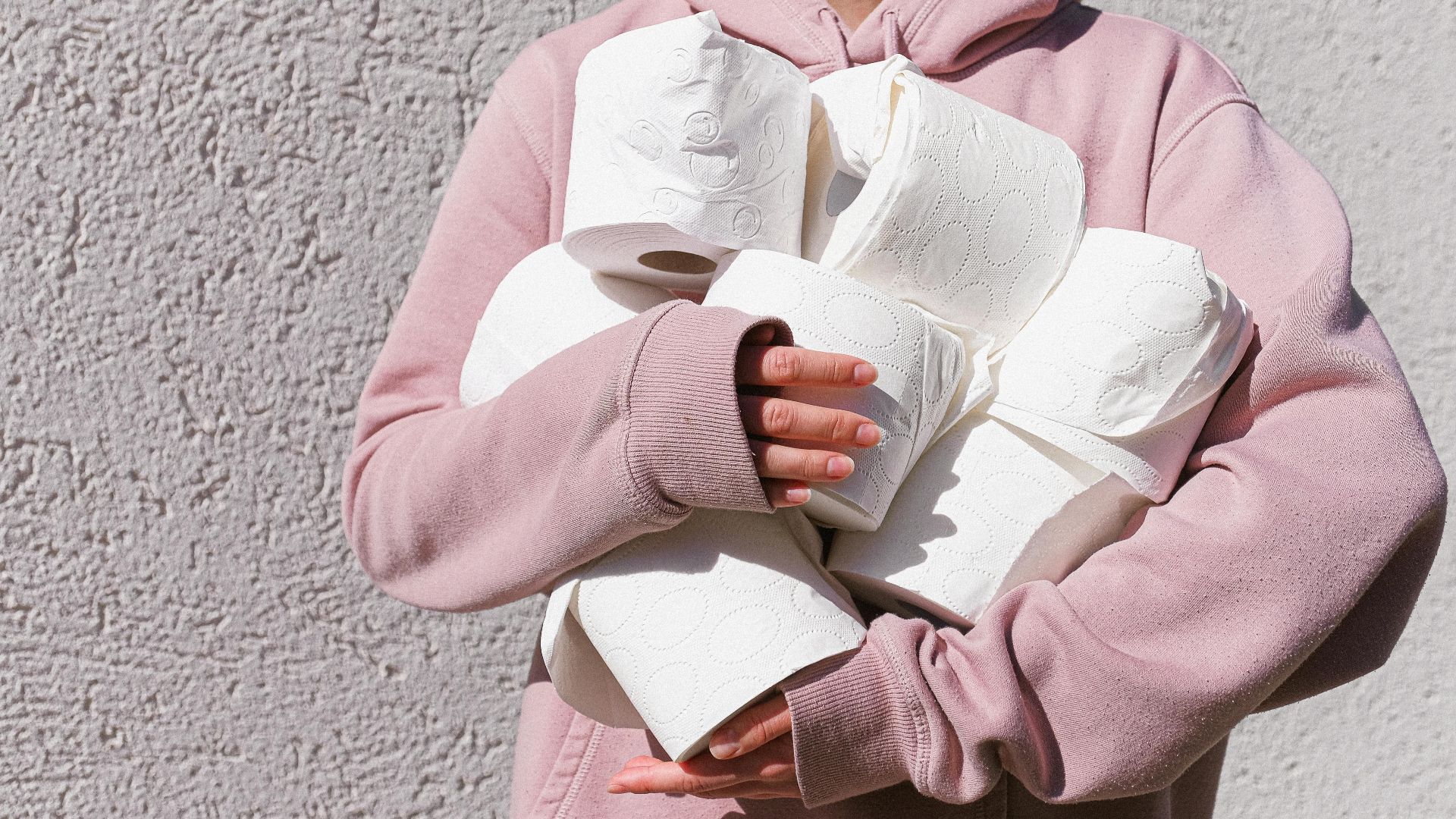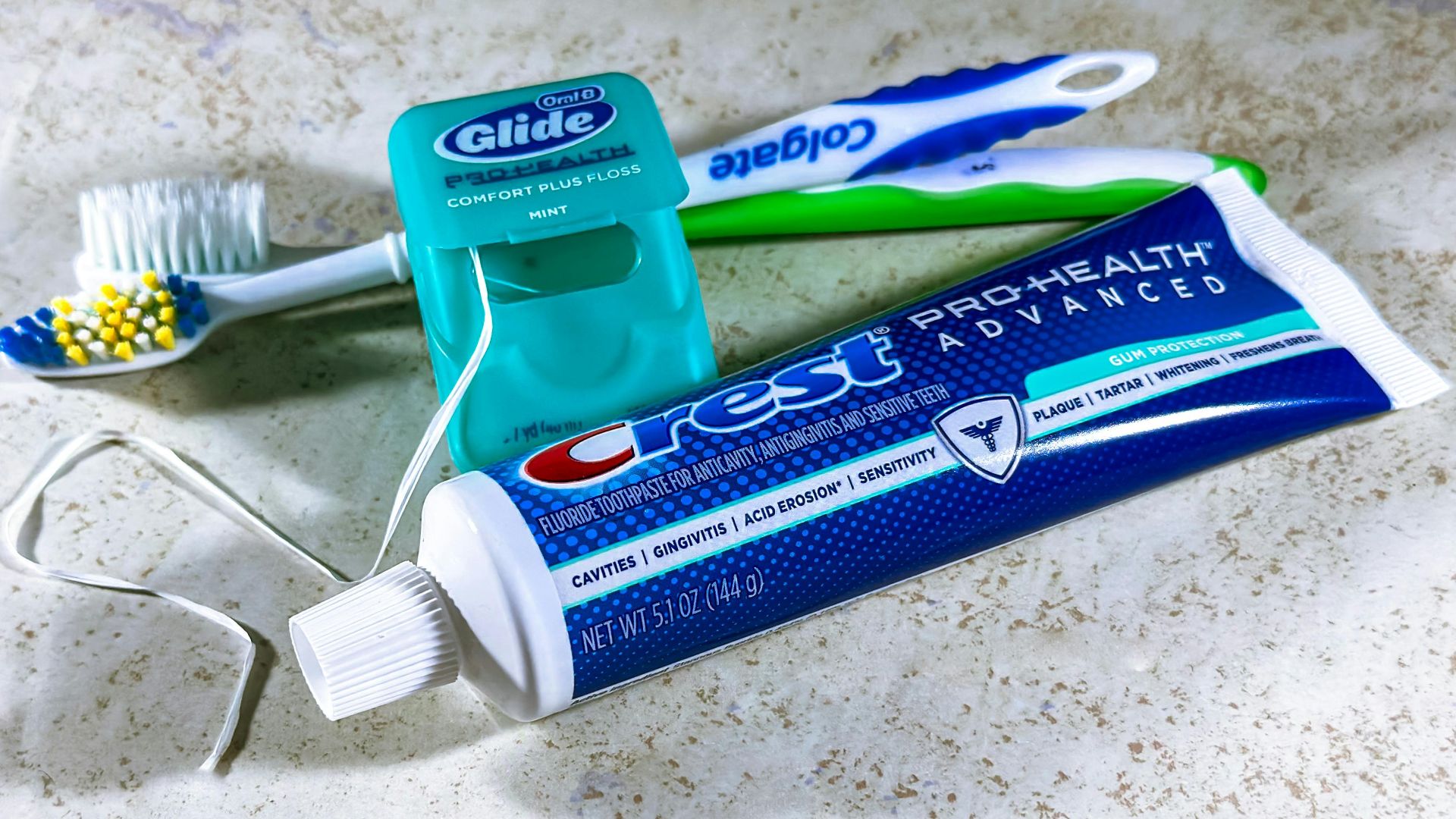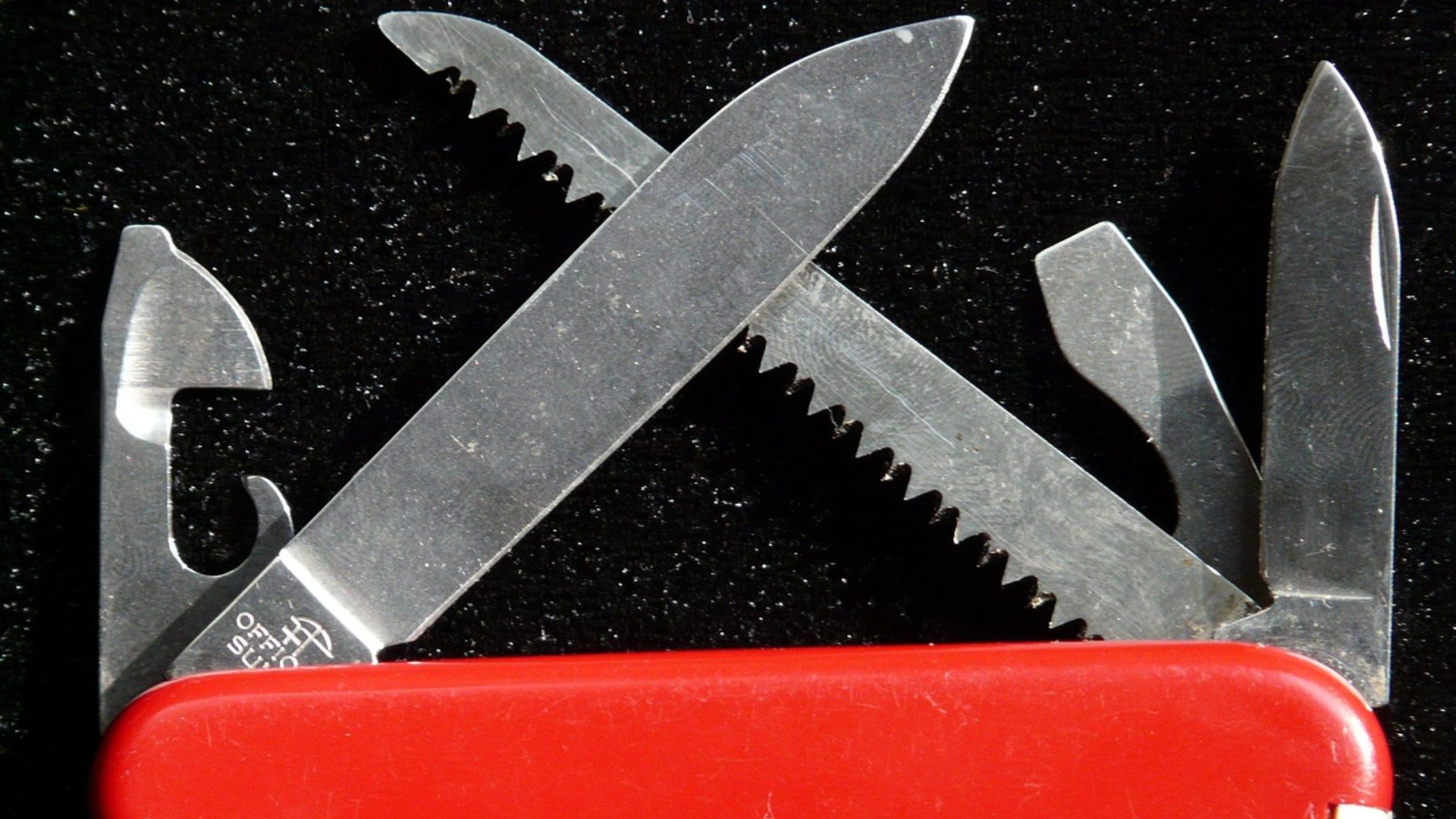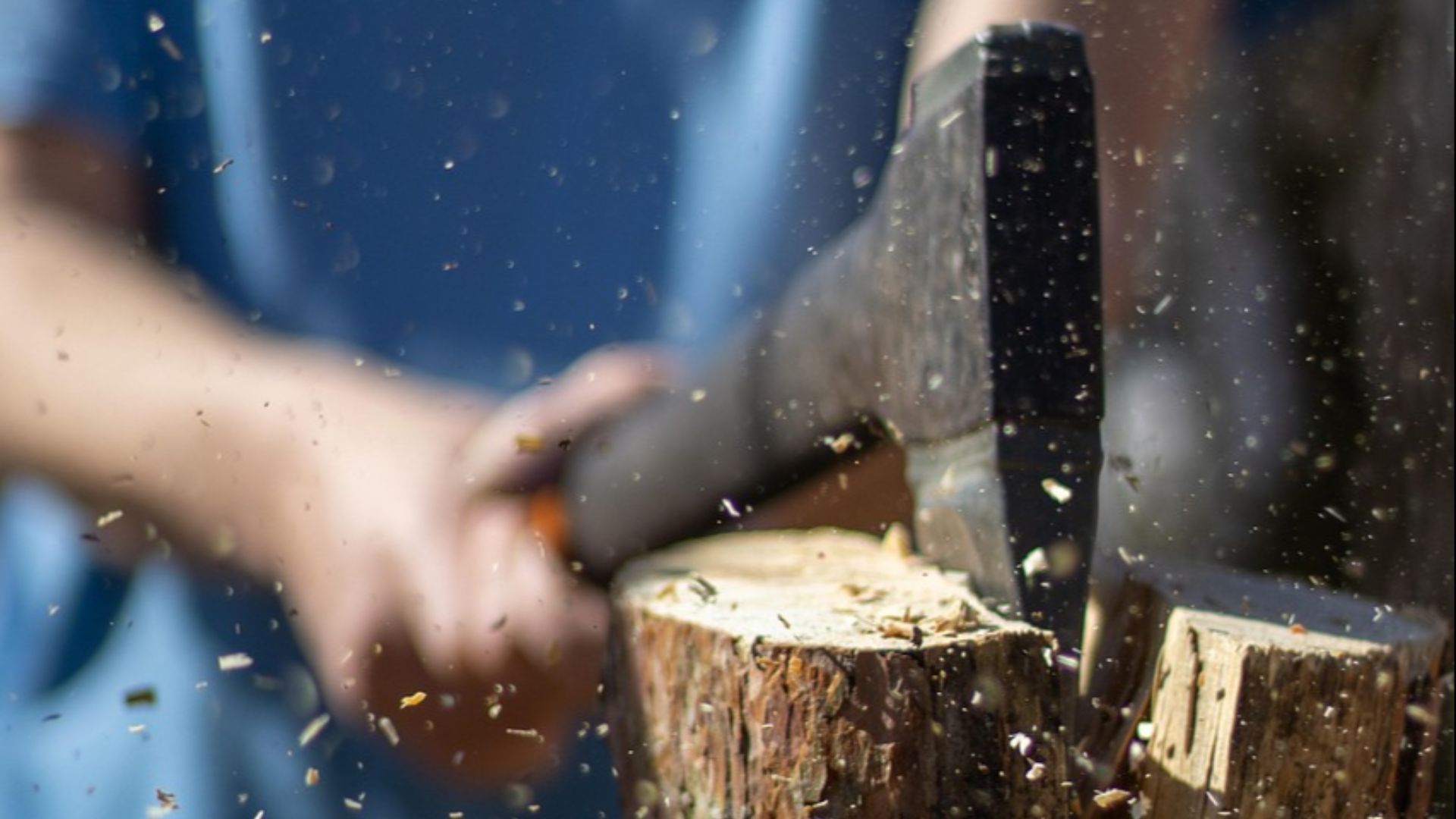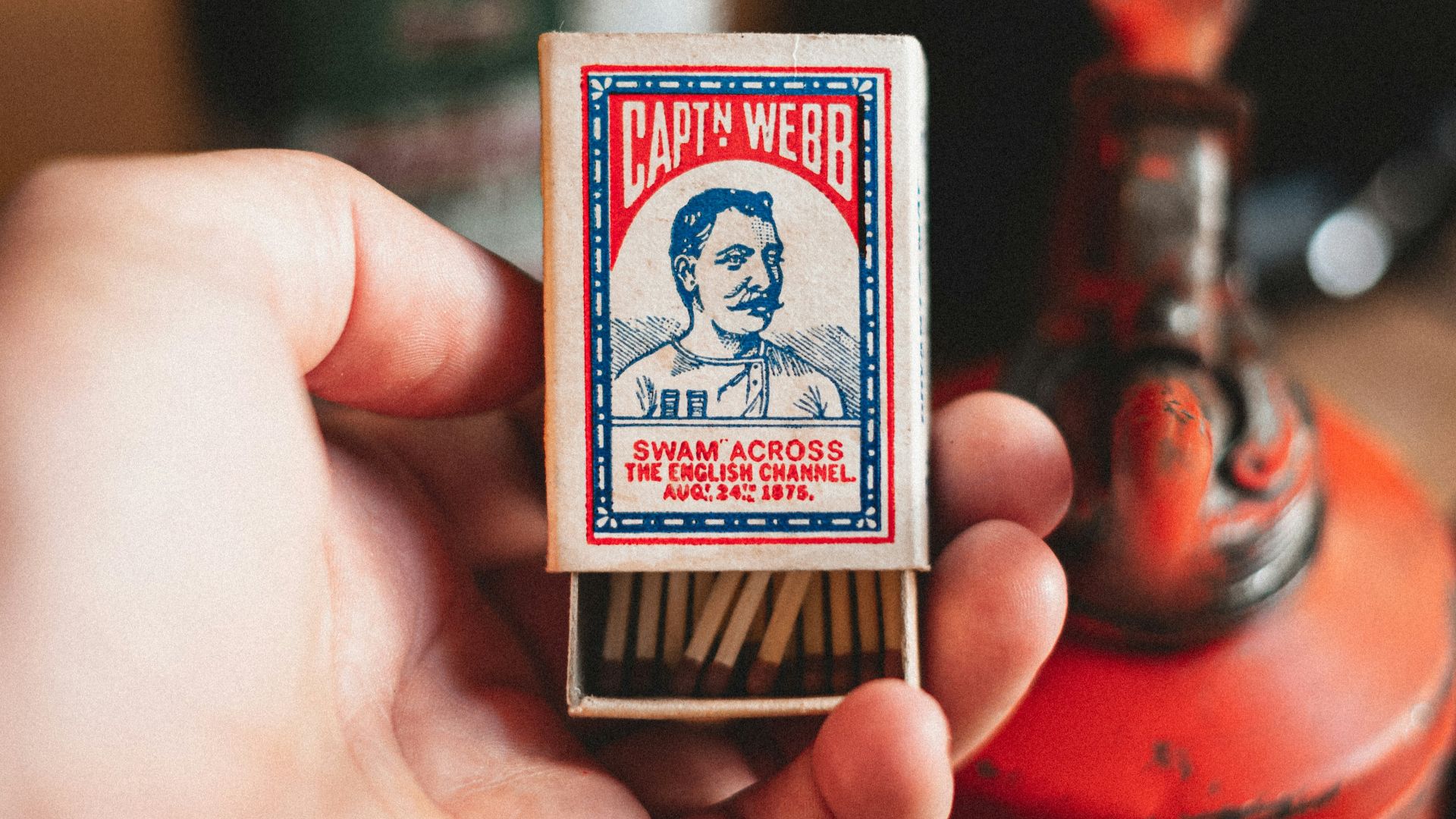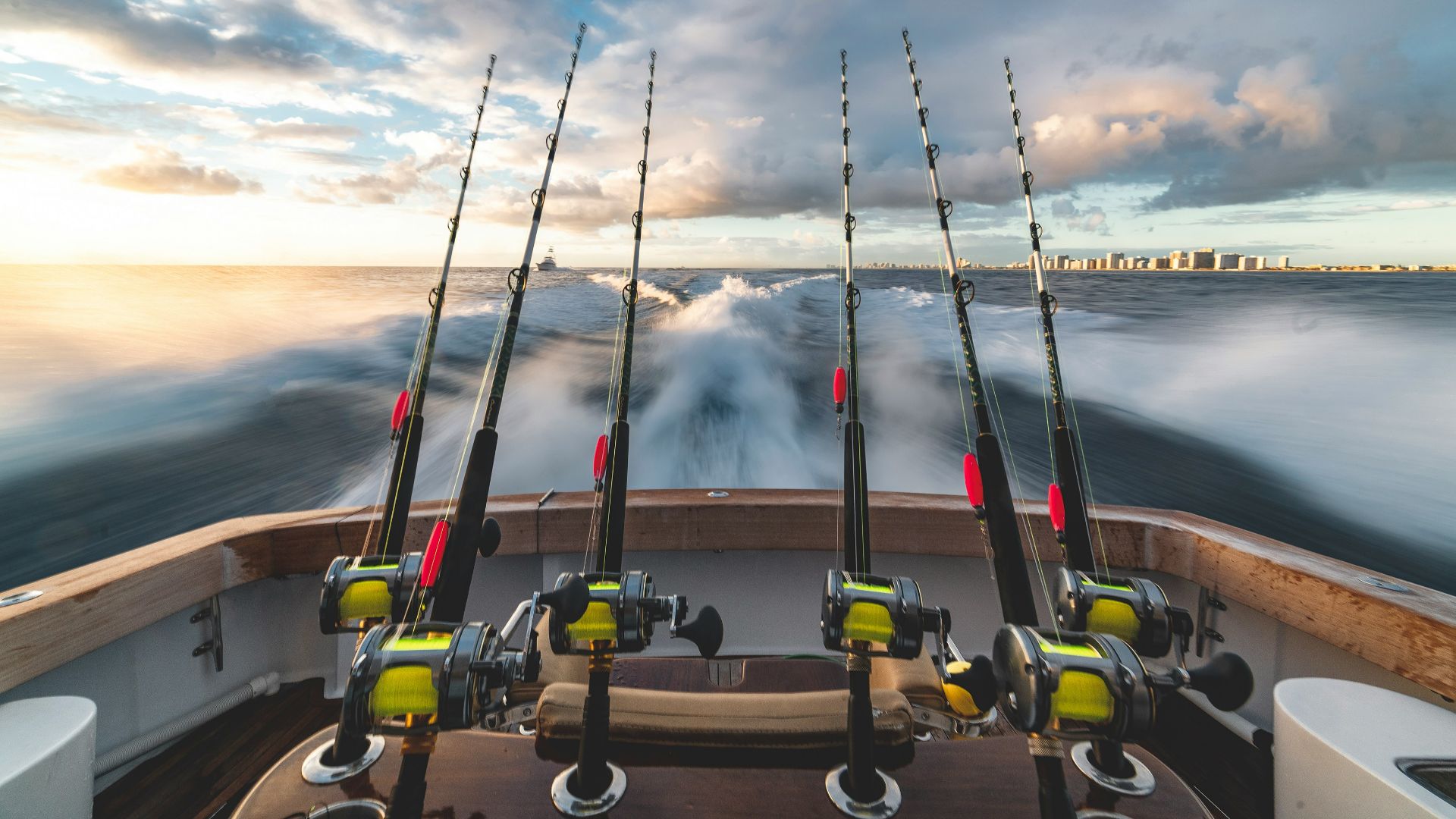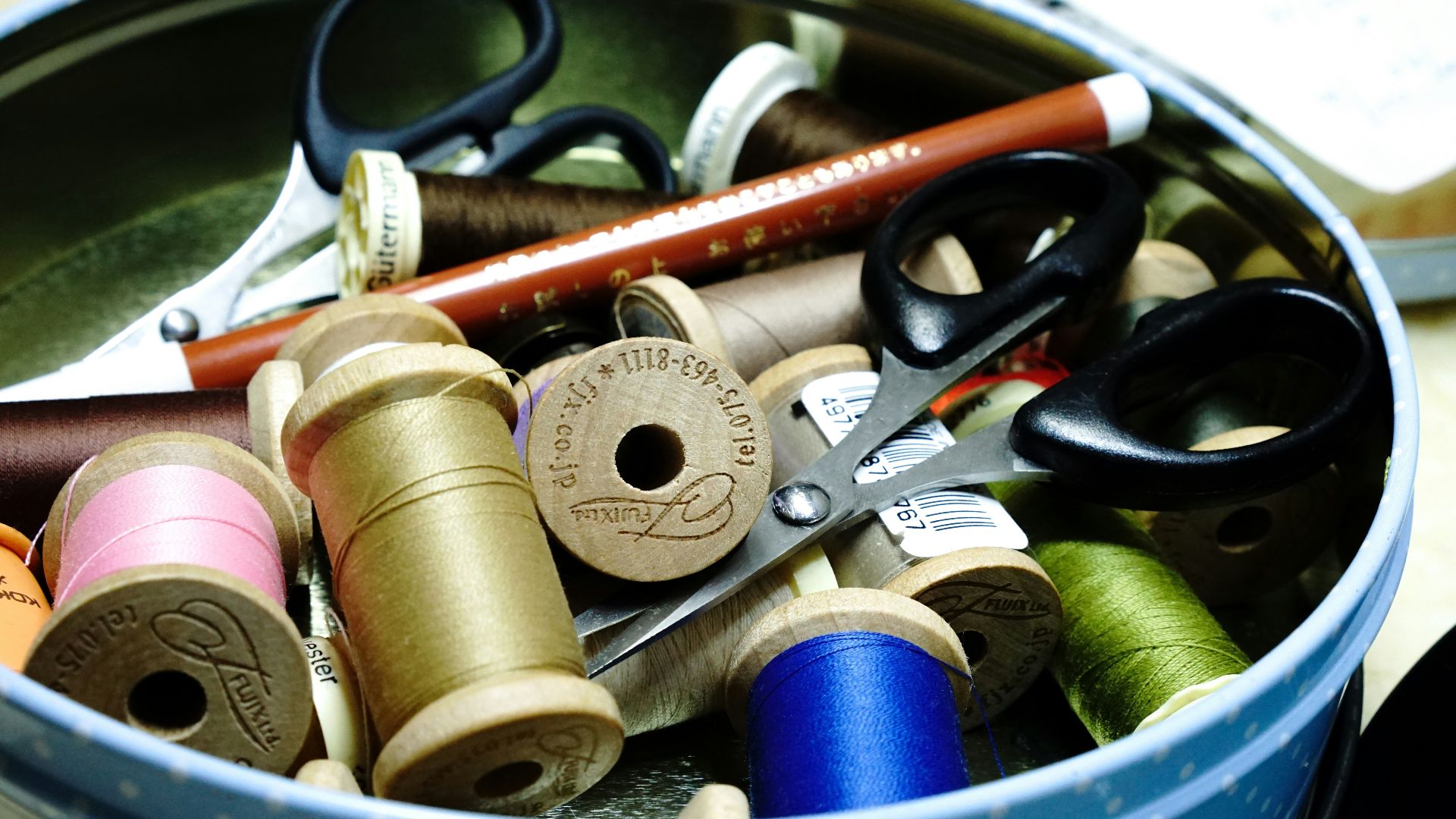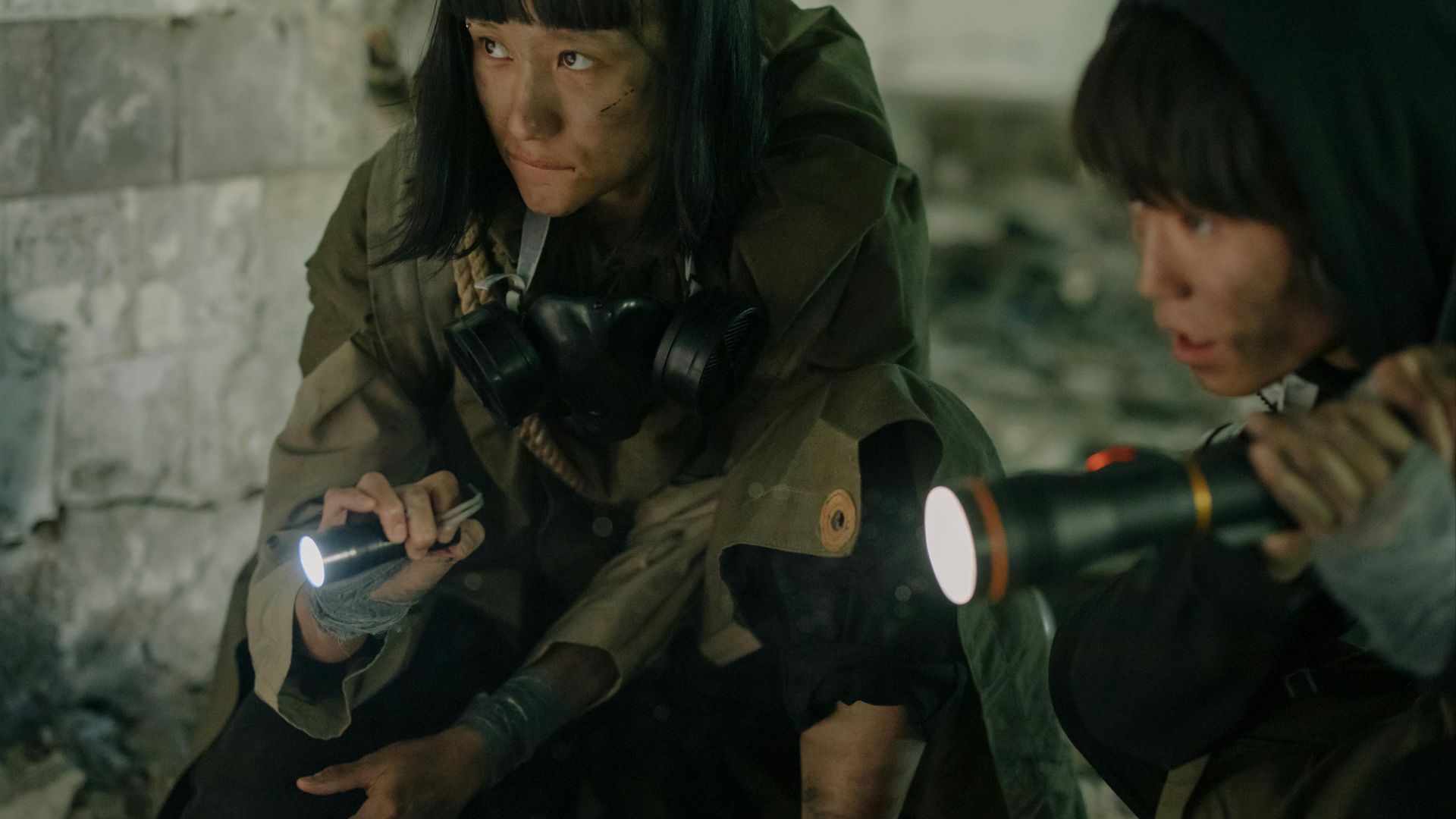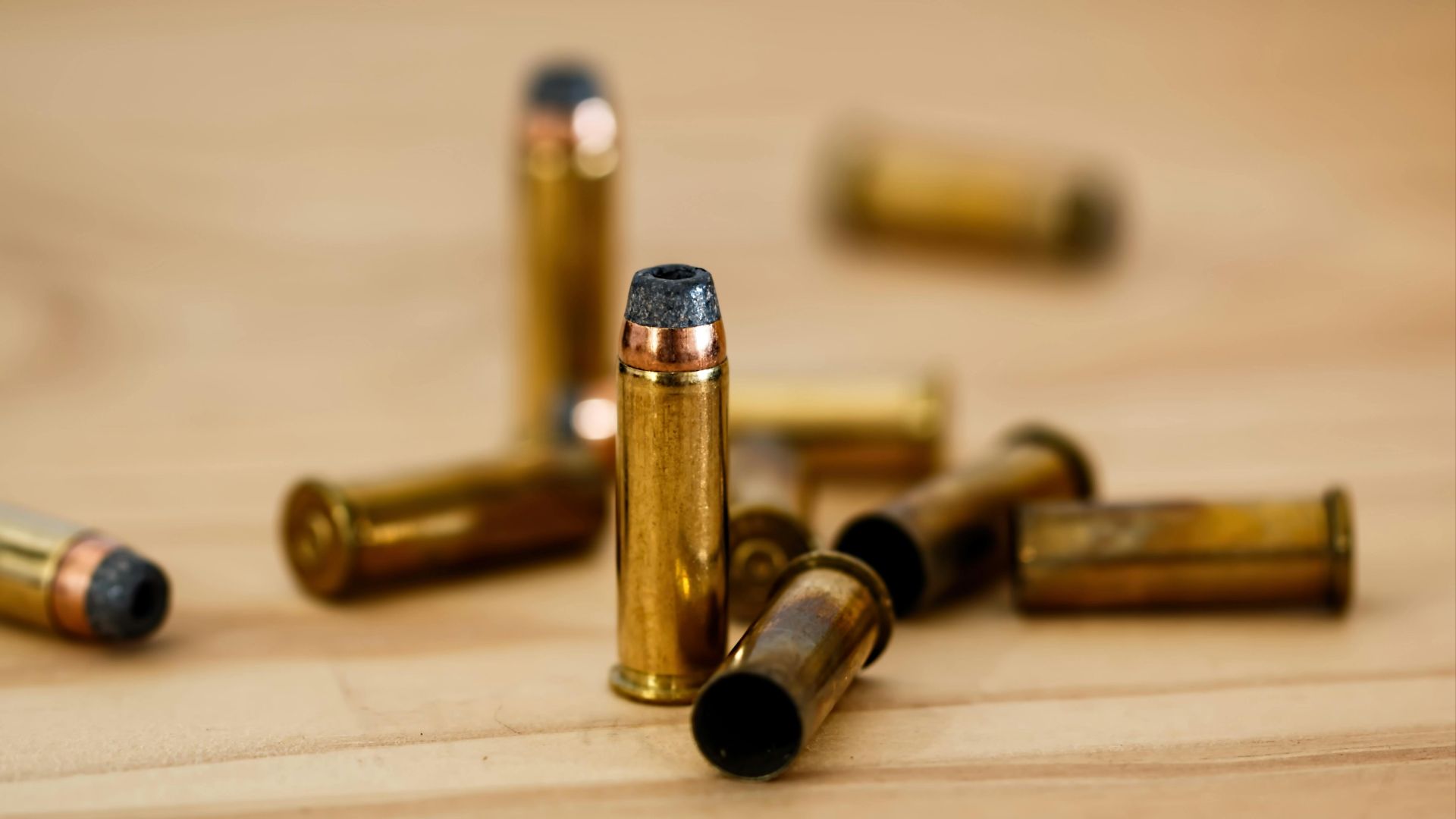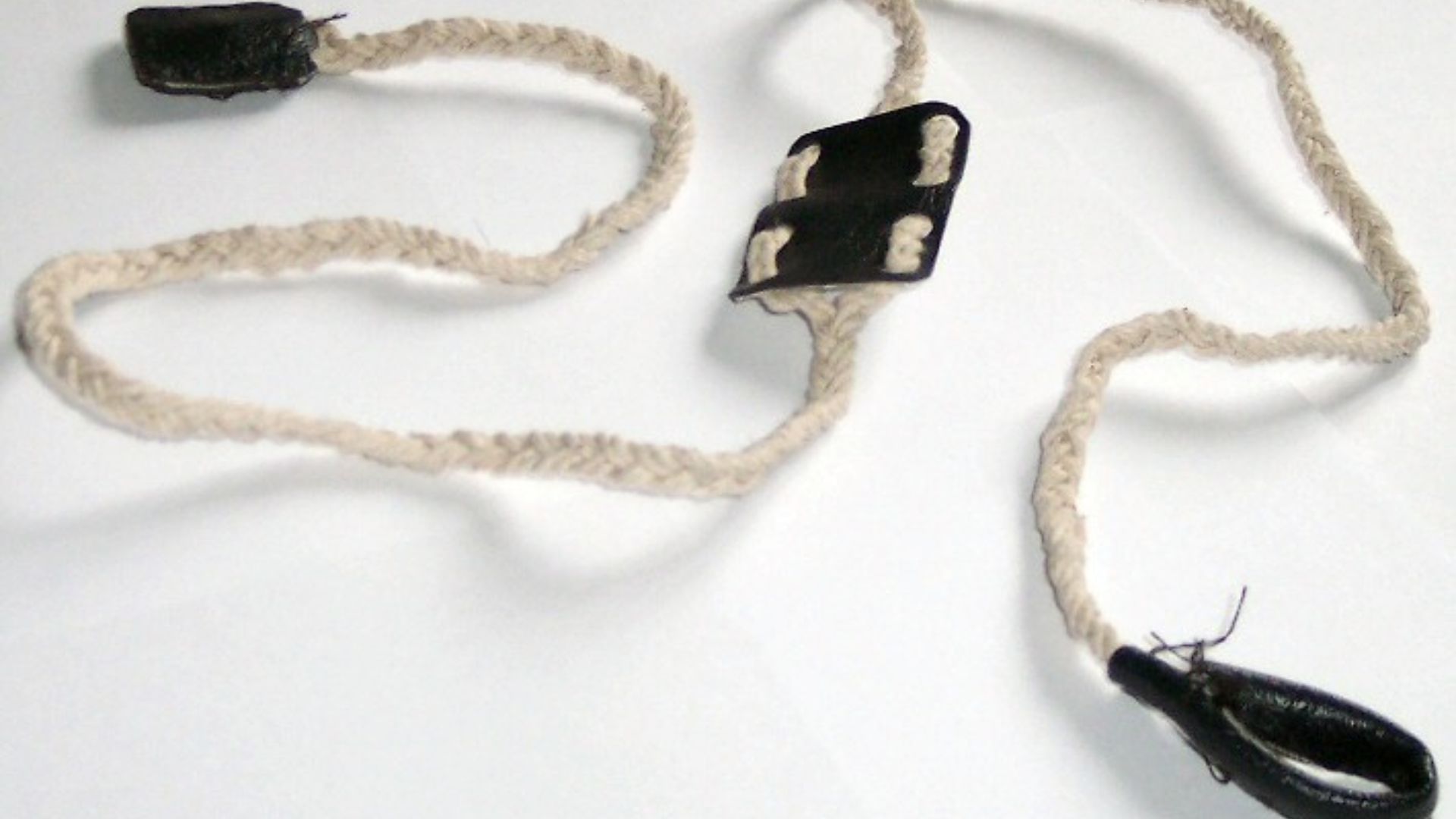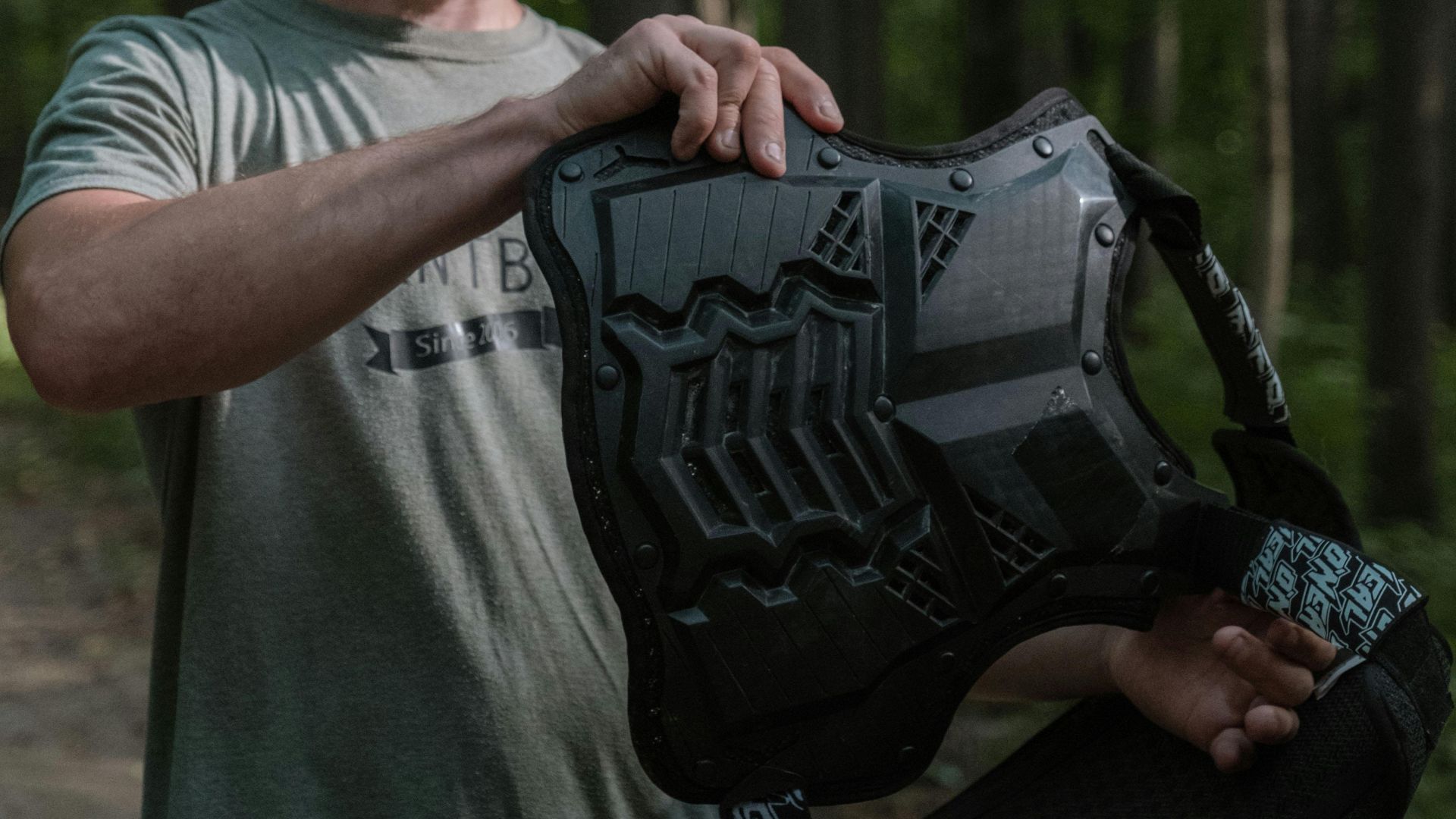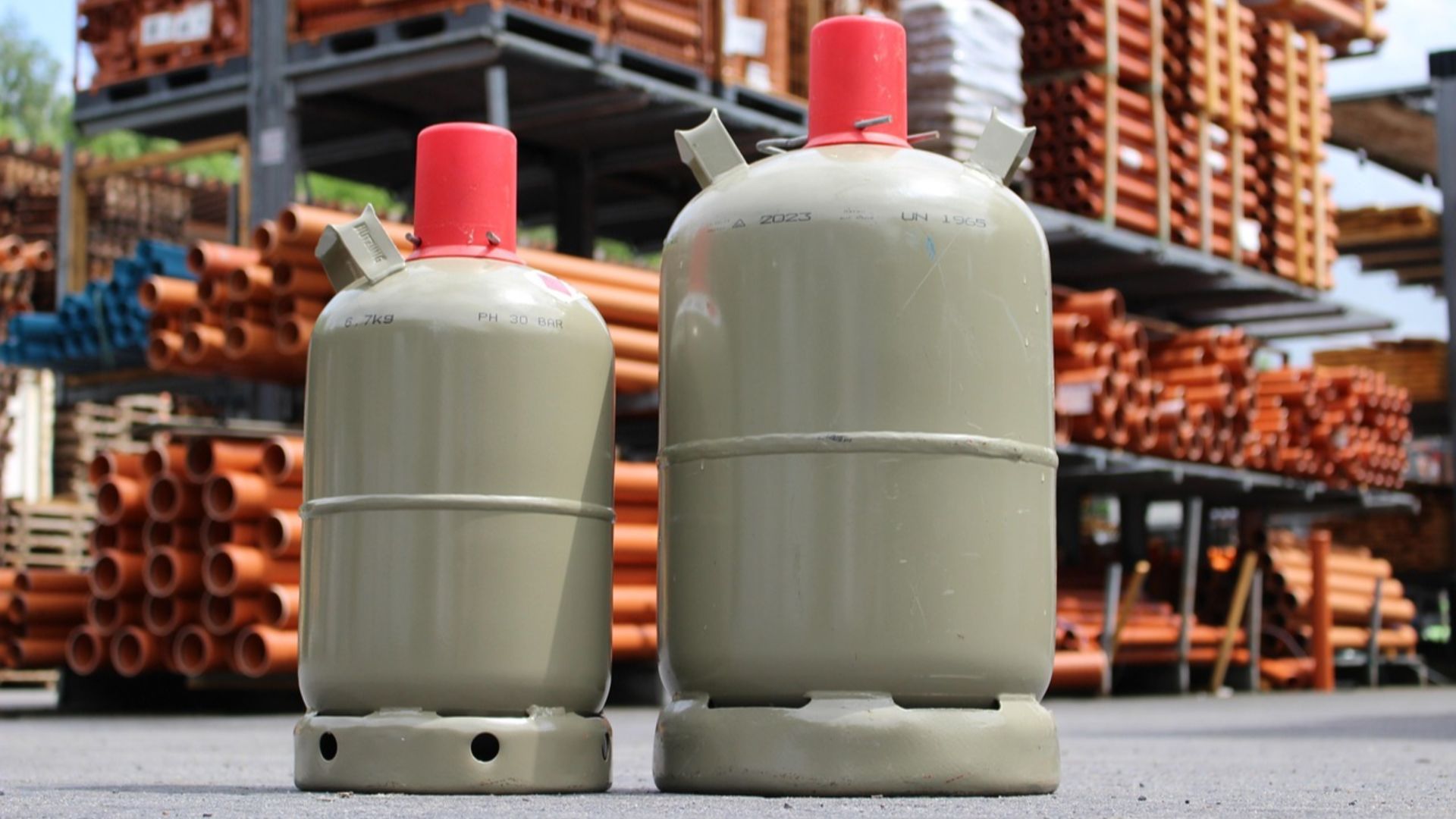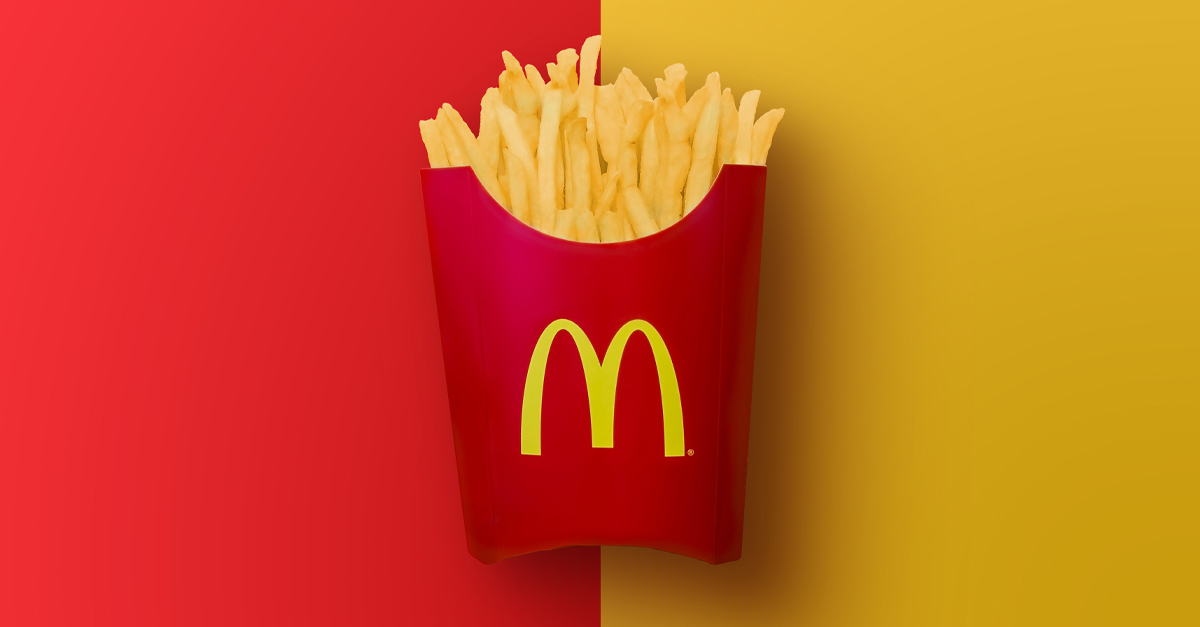When Sanity Takes A Hit
When there are no stores and no delivery trucks humming down the road, that’s when you realize your best bet is whatever you had the sense or luck to hang onto. It gets weird, and you can survive if you have the following in stock.
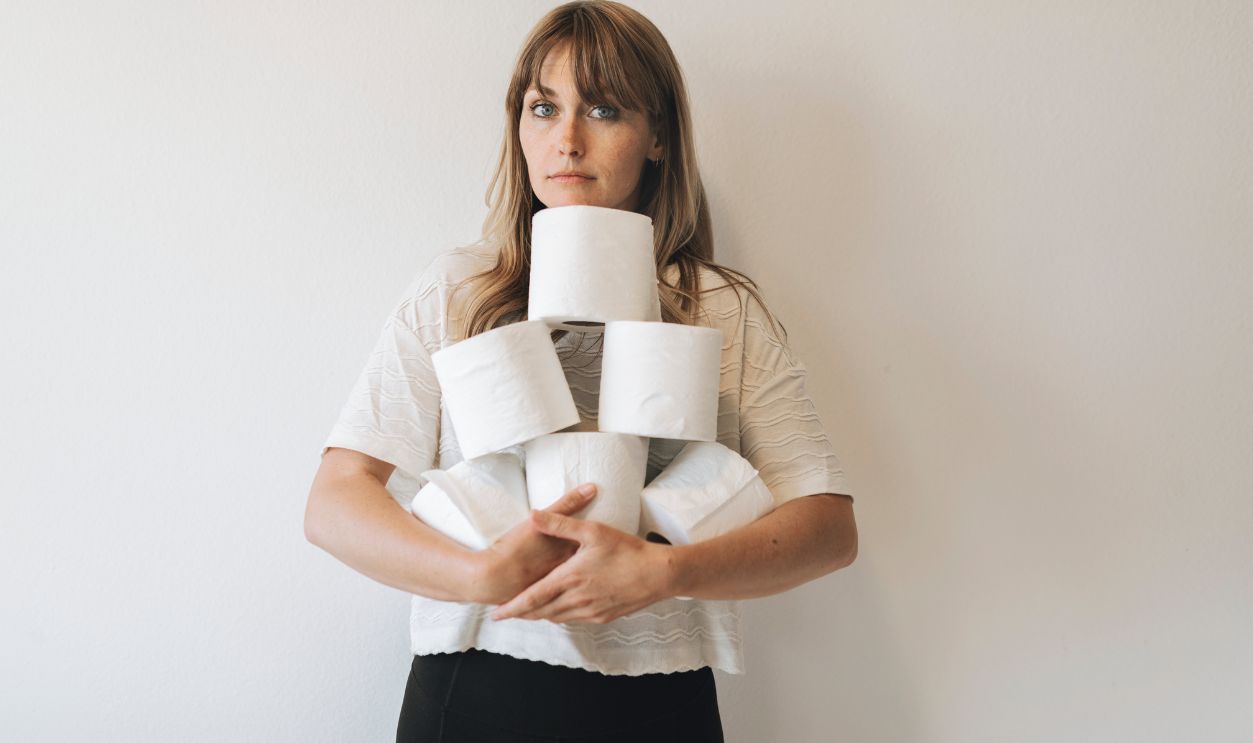
Bottled Water
Crack open a sealed water bottle, and you’re not just hydrating; you’re buying peace of mind. Waterborne illness spikes in collapsed societies, with cholera, dysentery, and typhoid making terrifying comebacks. Since you can’t drink silver or bullets, always stay stocked up.
Water Purification Tablets & Filters
When bottled water runs out, purification becomes life or death. Chlorine dioxide tablets kill bacteria and viruses in minutes, while portable filters (like LifeStraws or Sawyer Squeeze) remove parasites and debris. In a crisis, you can trade a single tablet for food, ammo, medicine, or shelter.
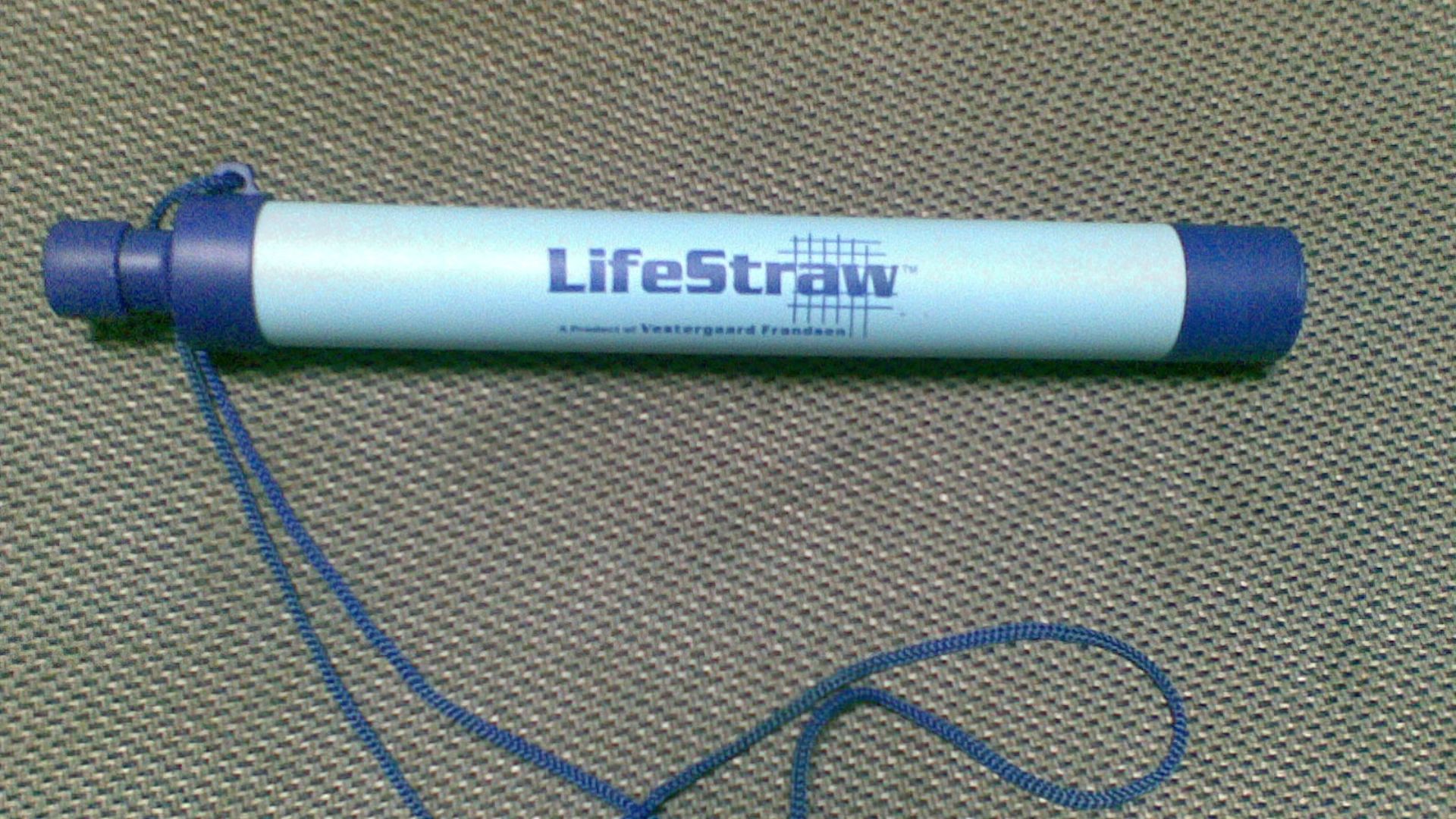 Badri Seshadri from Chennai, India, Wikimedia Commons
Badri Seshadri from Chennai, India, Wikimedia Commons
Canned Goods
Picture this: no electricity, no firewood, no fresh produce, and no strength. Now, open a can of chili. That’s calories and convenience in one dented tin. Shelf life? Up to five years. Some even stretch to a decade. The best part is that you can trade one for anything.
Salt
Salt’s value once rivaled gold. Roman soldiers received “solarium,” their pay, in salt. Salt is essential for preserving meat, disinfecting wounds, and keeping electrolytes balanced. In post-collapse economies, it’s pure barter gold. Stash some in waterproof pouches, and never underestimate its gritty worth.
Sugar
Crystallized energy—that’s precisely what sugar is. Whether you’re fermenting alcohol or feeding bees for honey, sugar holds weight. When you store sugar correctly, it lasts forever. Add that to its ability to lift spirits, and you’ve got a trade item doubling as currency.
Honey
Drizzle honey on a wound, and it might fight bacteria and inflammation and ease skin ulcers and burns. Ancient Egyptians used it as medicine and for offerings, not dessert. The best part is that it never spoils. Archeologists found 3,000-year-old honey in Egyptian tombs, still edible.
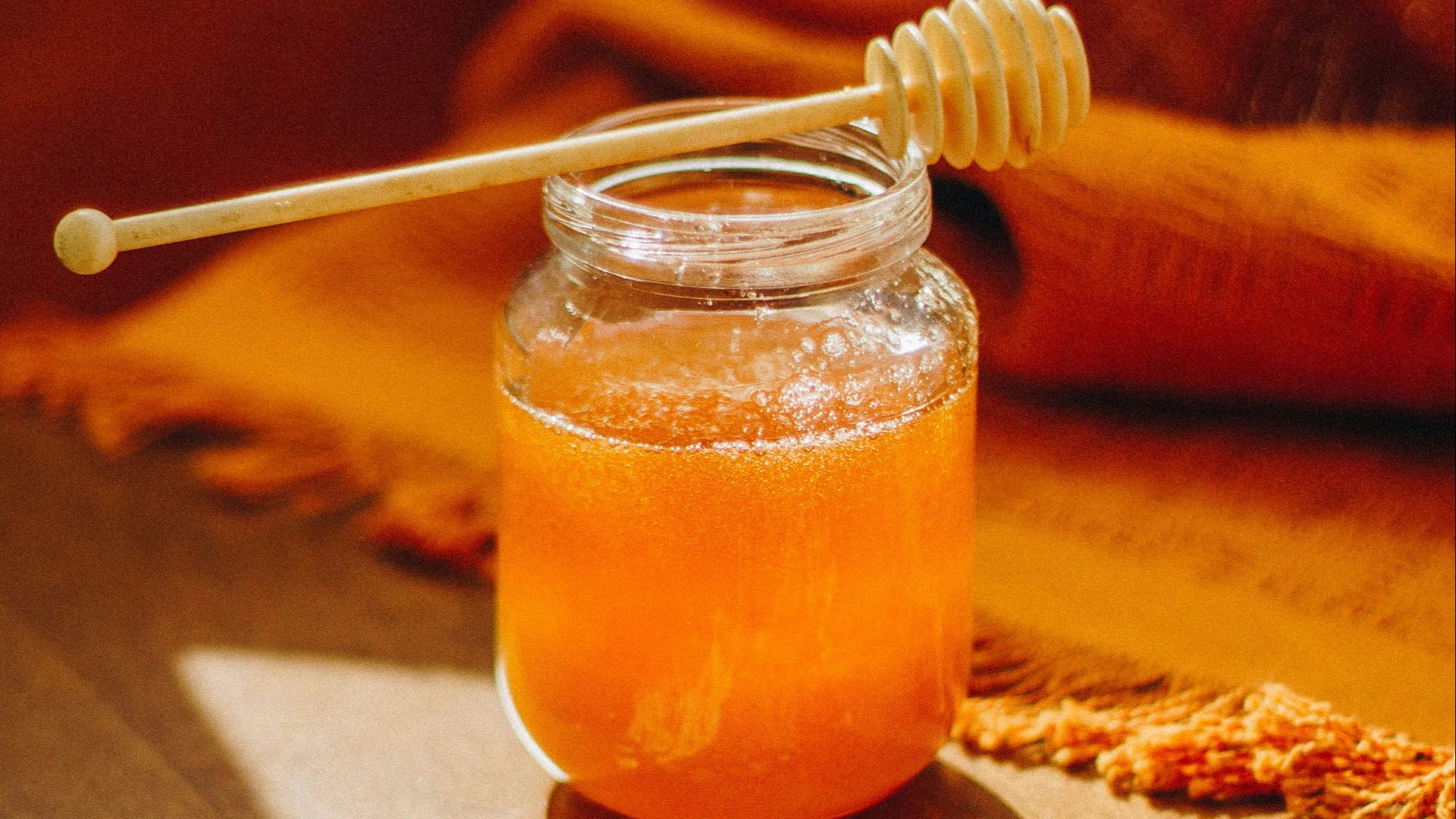 Isabela Kronemberger, Unsplash
Isabela Kronemberger, Unsplash
Coffee/Tea
You might not realize it now, but the day you can’t wake up with caffeine, you’ll feel it hard. Coffee and tea serve up comfort and trade power in times of need. They store well, especially vacuum-packed. In stressful times, a warm cup can be your most valuable exchange.
Powdered Milk
Add water, and powdered milk morphs into a drinkable morning boost. Use it for baking or nourishing children. It’s lightweight, stores for years, and doesn’t need refrigeration. Dairy becomes a luxury in emergencies, and this powdered version lets you trade luxury by the scoop.
Cooking Oil
Need high calories? Cooking oil delivers roughly 240 calories per ounce. That’s survival math. Oil pulls triple duty whether you’re frying, baking, or making emergency candles. Get vegetable, coconut, seed, or lard, and keep it sealed and cool. It’s liquid gold when food is scarce.
Seeds (Heirloom)
Plant a seed, grow a future. Heirloom seeds reproduce indefinitely, unlike hybrids. That means your crops don’t end with one harvest, but keep giving. Tomatoes, peppers, squash, herbs: Every garden you trade starts with a seed. In a collapsed world, you’re not just providing food; you’re giving independence.
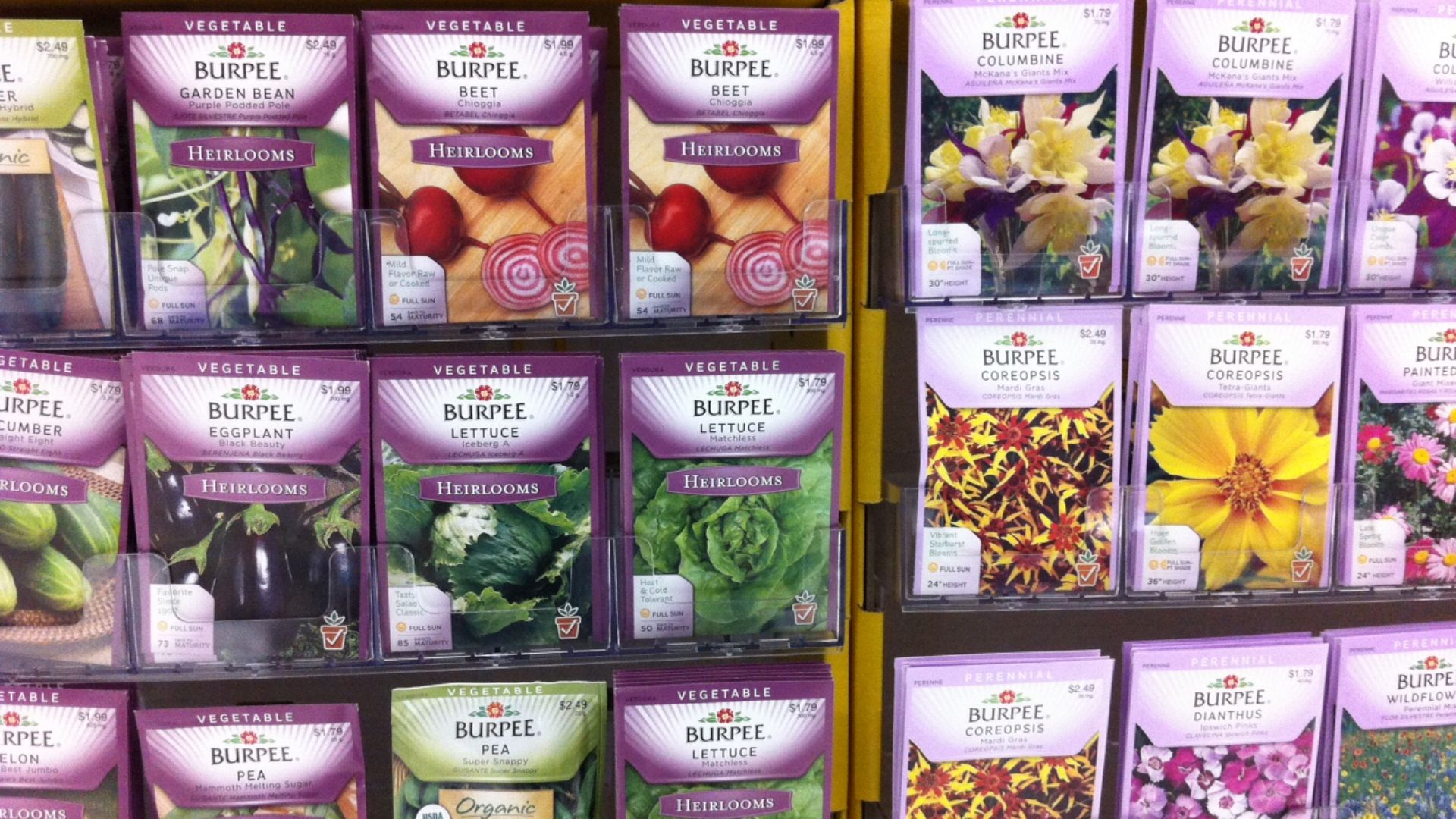 ParentingPatch, Wikimedia Commons
ParentingPatch, Wikimedia Commons
Painkillers (Ibuprofen, Aspirin, Etc)
Throbbing head? Aching joints? Infections? Painkillers become priceless fast. In fact, during conflicts like WWI, aspirin demand soared beyond production. Each tiny pill reduces swelling and inflammation, lowers fever, and restores function. A small bottle could fetch high-value trades, such as tools. That’s serious barter leverage.
Antibiotics
Fish antibiotics, like amoxicillin and ciprofloxacin, mirror human versions and are stockpile favorites. In survival circles, they’re the unsung heroes. But here is a warning: Get a doctor’s approval because using any kind of antibiotics without medical supervision poses risks, including incorrect dosing, allergic reactions, and resistance buildup.
Bandages & Gauze
Blood loss kills fast, but bandages and gauze slow it down. That roll of sterile fabric doesn’t just cover wounds; it prevents infection and saves lives. It’s compact, lightweight, and always needed. In crisis zones, a clean bandage can mean everything.
Antiseptics (Hydrogen Peroxide, Betadine)
Hydrogen peroxide bubbles bacteria away while betadine paints on an iodine barrier. They both sterilize tools and skin, and in a barter world, sterile is valuable. Use small, sealed bottles for easy trade. Germs hate them, and survivors love them.
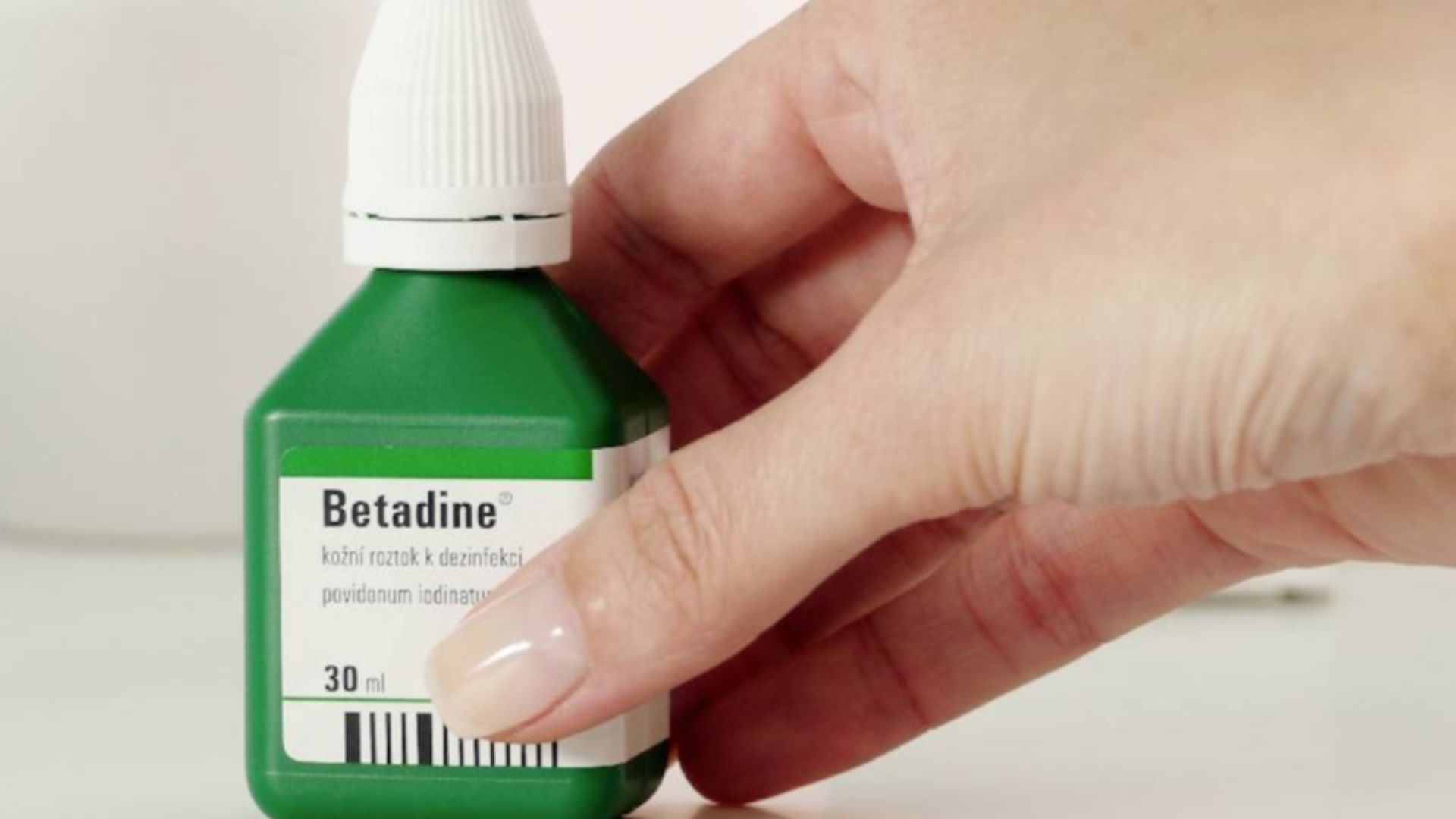 Aneta Crsova, Wikimedia Commons
Aneta Crsova, Wikimedia Commons
Sutures & Medical Tools
When duct tape fails, sutures take over. Closing deep wounds or handling minor surgical tasks requires more than grit—it demands the right tools. Precision instruments are essential, and those trained to use them will guard them like gold. In a bind, skilled barterers will value them just as highly.
Vitamins & Supplements
Forget scurvy. A stash of multivitamins fills the gap when meals fall short. Vitamins C, D, and K, along with iron, become essential as diets shrink. Fresh produce fades without refrigeration, but pills maintain their sharpness and resilience. Small, potent, and highly tradable, they’re a must-have in any survival kit.
Soap & Sanitizer
In a dirty world, soap acts as a shield, and bar soap lasts longer than liquid soap. Sanitizer works quickly in a pinch, and having both is smart. Why? They both store well and in times of crisis, your cleanliness might just save someone else’s life.
Feminine Hygiene Products
A single box of pads or tampons might last a month, but imagine going without them. In places like refugee camps, the lack of hygiene products can lead to infections and stress. So, pack individually wrapped feminine hygiene products for long-term storage and trade. Menstrual cups are even better.
Toilet Paper
Soft, absorbent, and comforting toilet paper carries practical weight. Remember the global panic-buying during the 2020 pandemic? People hoarded toilet paper as though it were gold. It may not purify water or patch a wound, but it holds value in trade. Vacuum-seal rolls to save space.
Dental Supplies (Toothpaste, Floss, Fillings)
Toothaches can ruin your week—or your will. Toothpaste fights decay, floss removes debris, and fillings stop the pain in its tracks. While ancient remedies involved herbs and bone tools, there’s no reason to regress. Travel-sized tubes and floss packs fit easily into barter kits.
Knives And Multi-Tools
Knives slice, carve, pry, and whittle. Having the pocket-sized versions is best because they handle it all. High-carbon steel blades stay sharp longer, and multi-tools, like the Leatherman, offer over 20 functions. In The Book of Eli, a single blade meant the difference between life and death.
Axe/Hatchet
Chop trees, split firewood, hunt game, or even defend yourself; an axe pulls multiple weights. Vikings buried their warriors with axes for a reason. And that reason is because axes are the ultimate survival emblem. In a barter scenario, it could trade for food, ammo, or shelter.
Fire Starters (Ferro Rod, Lighters, Matches)
Without fire, you’re cold and vulnerable. But you should stock up on a few fire starters. For example, Ferro rods spark even when wet, while lighters give instant flames. Matches, especially waterproof ones, are reliable in harsh conditions. Fire remains essential for signaling, cooking, and purifying water.
Paracord
Initially designed for parachutes in WWII, the paracord holds 550 lbs and serves endless purposes. It’s the Swiss Army knife of rope that you can use to build shelter, make snares, fix gear, or tie wounds. Tear it apart, and the inner strands become a fishing line or thread.
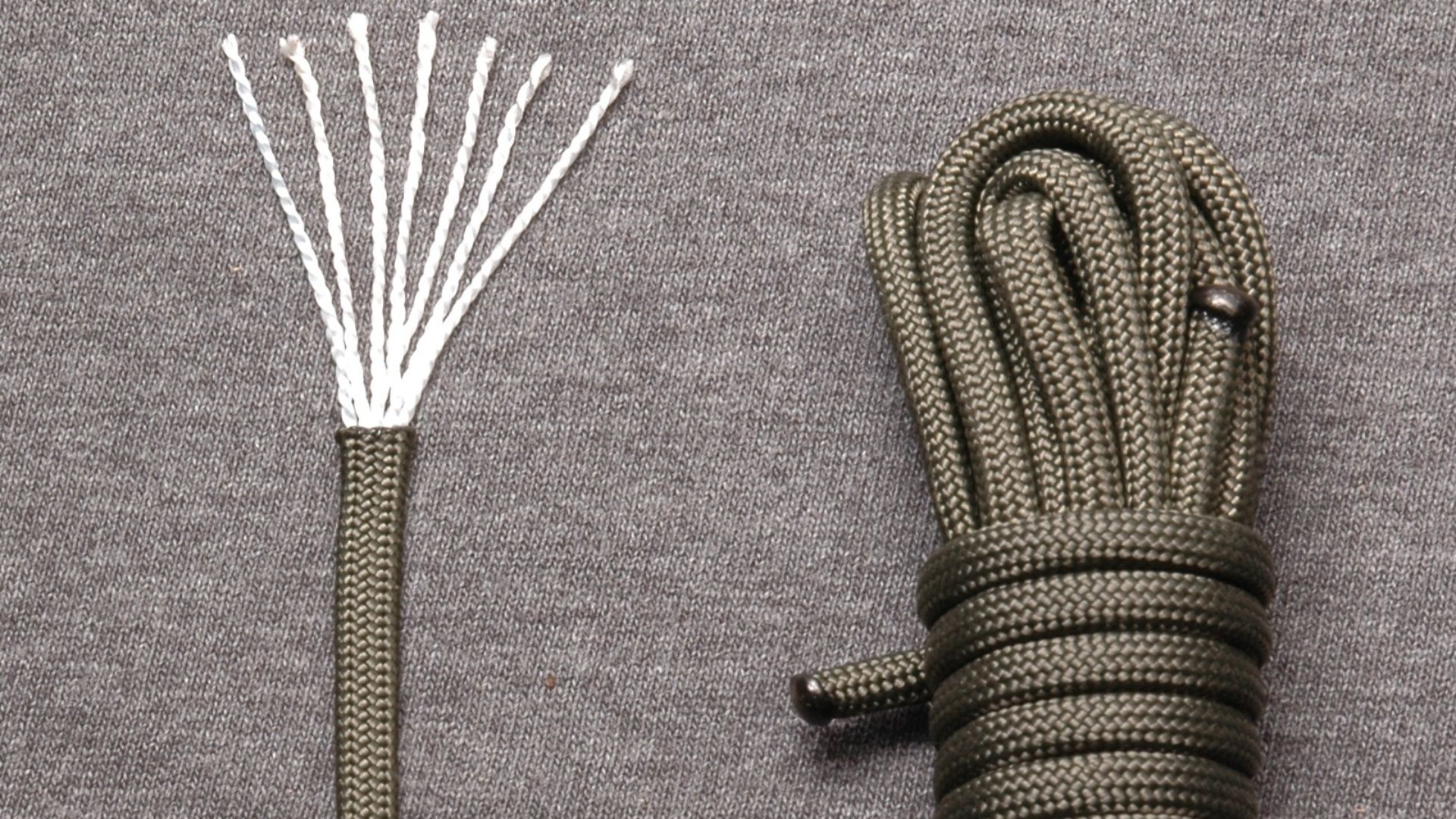 David J. Fred, Wikimedia Commons
David J. Fred, Wikimedia Commons
Duct Tape
Stick, seal, patch, or wrap it with duct tape because it handles everything. NASA even used it during Apollo 13 to save lives. Whether you’re mending a tarp or crafting a water cup, this versatile tool does everything. Keep several rolls on hand because this tape becomes valuable.
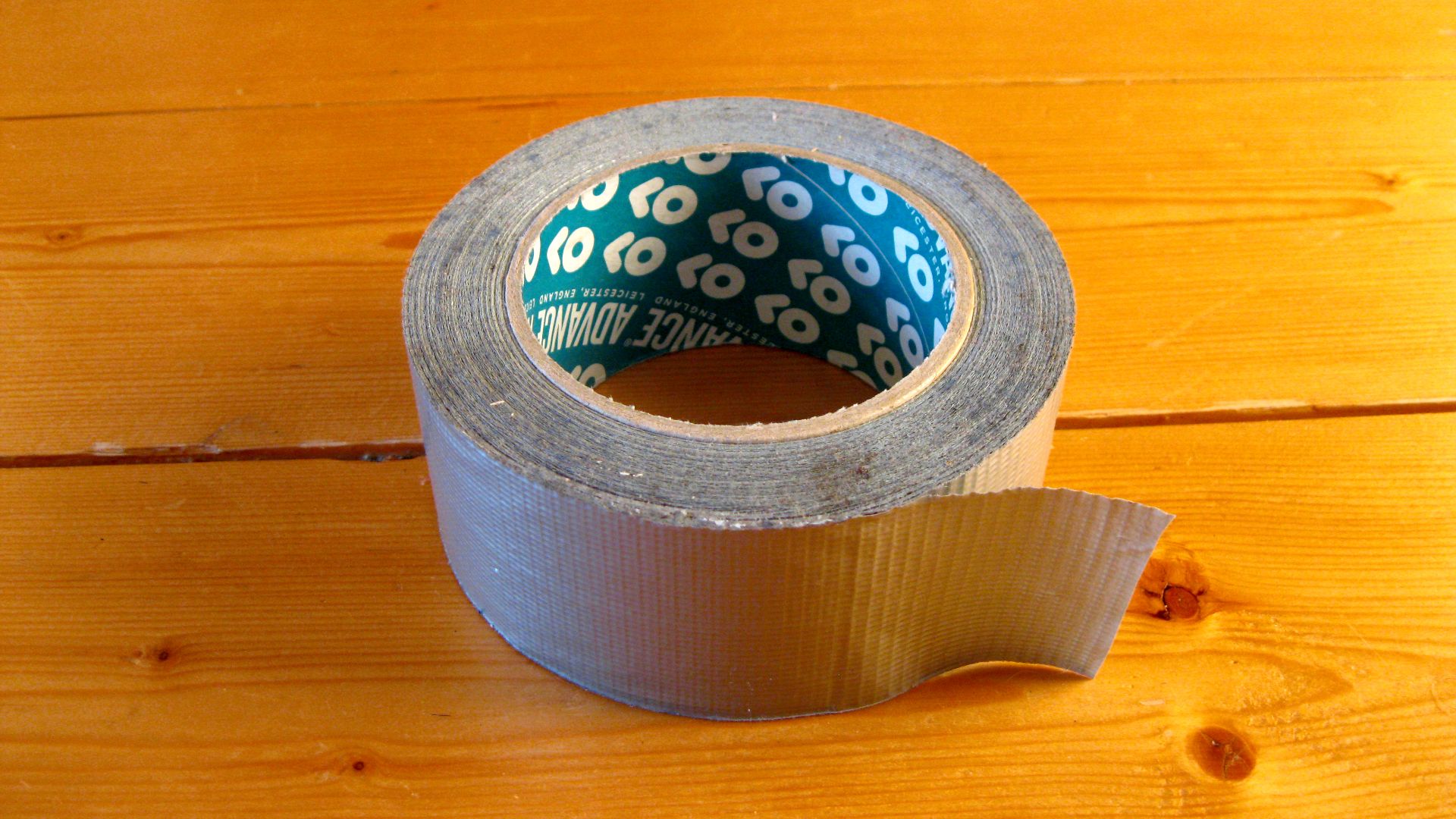 Santeri Viinamäki, Wikimedia Commons
Santeri Viinamäki, Wikimedia Commons
Fishing Gear (Hooks, Line, Nets)
Cast a net or drop a line, and just like that, dinner’s served. A well-stocked tackle kit with assorted hook sizes, a braided line, and a collapsible rod can make all the difference. History shows coastal survivors often outlasted inland groups, thanks to the steady seafood supply.
Sewing Kit
Tearing your jacket in winter lets the cold slip in, and the chill is relentless. A sewing kit can quickly mend clothes, tents, and, in emergencies, even wounds. Having a sewing kit at hand is a small but mighty exchange for crafting essential gear from scraps.
Sharpening Stones
Dull blades turn tasks into torture, but sharpening stones keep the edges of all tools sharp. Dual-grit whetstones offer versatility. Sharpening is a skill and may become a valuable trade later. A well-maintained edge means efficient cuts and fewer injuries. Blades last, and sharpening stones ensure they do.
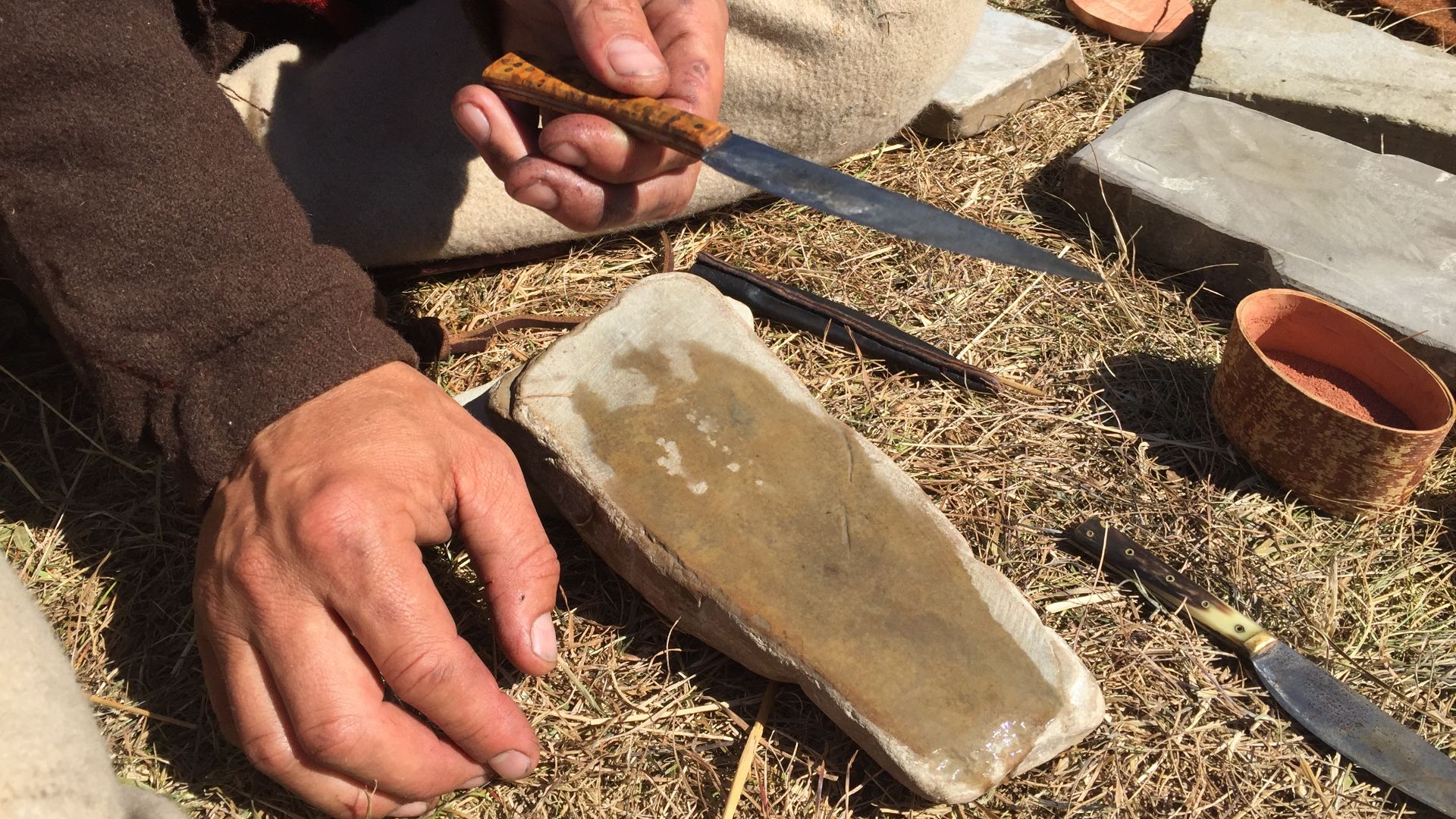 bjornfalkevik, Wikimedia Commons
bjornfalkevik, Wikimedia Commons
Flashlights And Batteries
Darkness hides threats, but flashlights expose them. LED flashlights consume little power and light paths for hours. Fresh batteries become currency in a barter economy. If you want to be untouchable, get rechargeable ones with a solar-powered charger.
Solar Chargers
Sunlight never runs out, and a solar charger fuels all electronics: radios, lights, or phones, which are key for communications or gathering intel. So, go for portable panels with USB outputs. Solar power gives you a modern edge in a primitive world. Harness it.
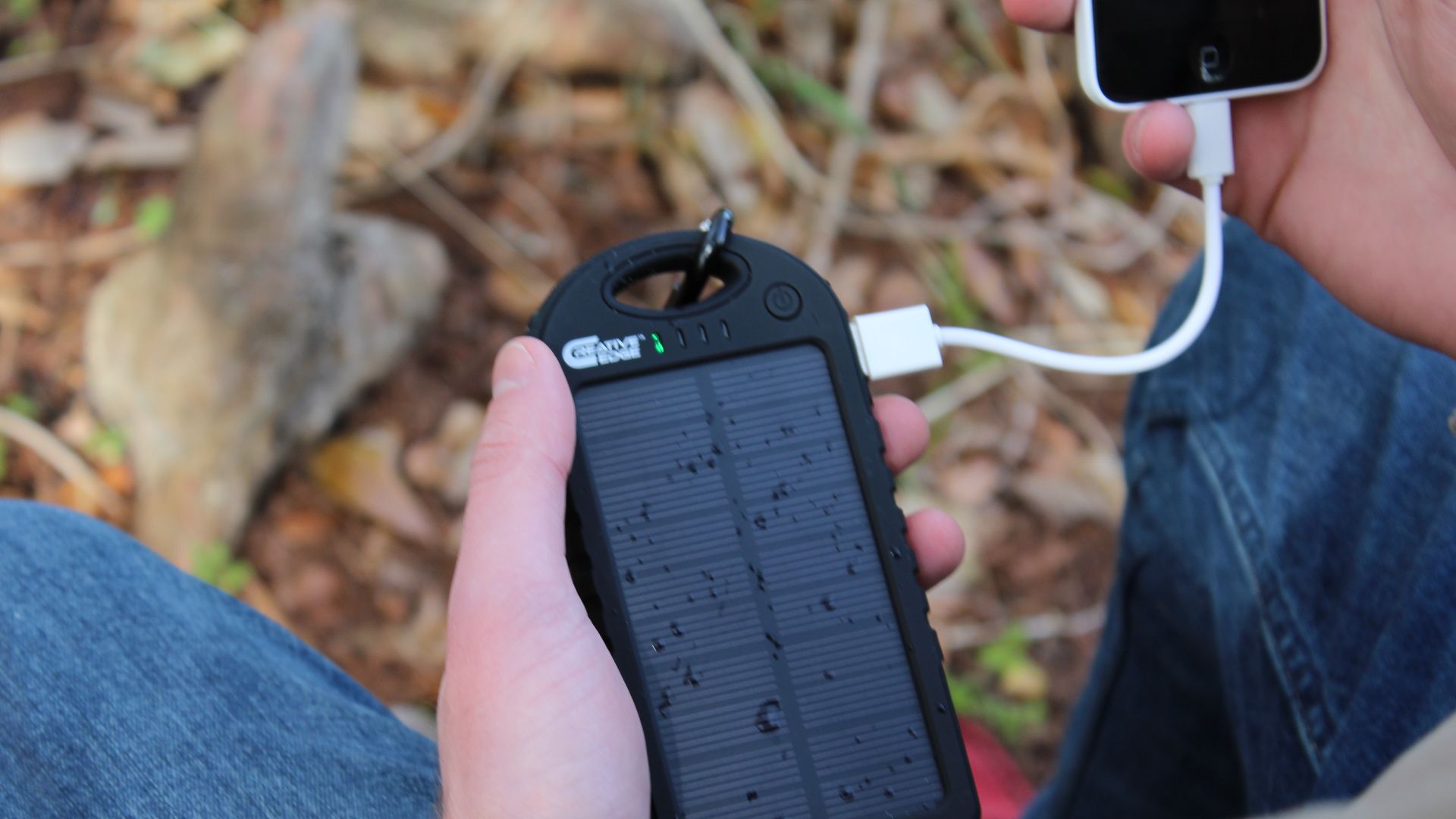 Mcjones2003, Wikimedia Commons
Mcjones2003, Wikimedia Commons
Ammunition
Lead speaks louder than words in a collapse. Even if you don’t own a firearm, others will. Calibers like 0.22, 9mm, and 0.223 remain the most tradable. When you get them, store them in dry containers. Short supply plus high demand equals substantial barter leverage.
Pepper Spray
Non-lethal yet incredibly effective, pepper spray incapacitates threats instantly, giving you a fighting chance. Trusted by law enforcement for a reason, it’s easy to carry and even harder to dispute. A single blast to the eyes buys you precious time—everything you need in a moment of chaos.
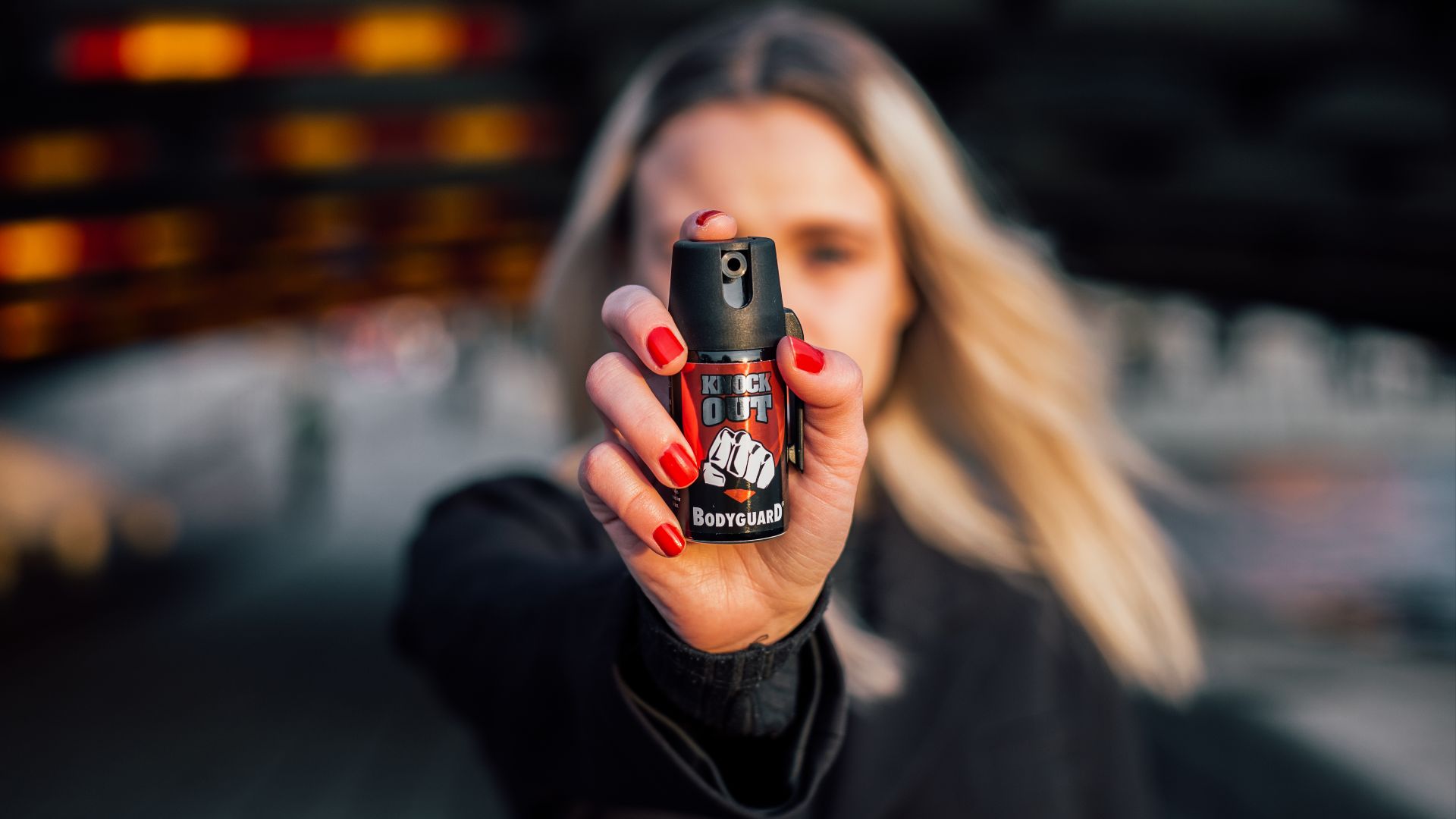 Björn Hansson, Wikimedia Commons
Björn Hansson, Wikimedia Commons
Tactical Gear (Holsters, Slings, Etc.)
Stay ready and stay mobile with holsters, mag pouches, and slings that make defense practical, while plate carriers and chest rigs keep life-saving gear within easy reach. Besides their role in getting you out of dangerous situations, they can be valuable trade items or items you use as a community.
Body Armor
Kevlar might seem like overkill—until it’s not. Body armor turns lethal shots into bruises. If you find any, don’t pass it up. Even used vests have value. Sell protection or wear it. In battle-tested zones, armor equals survival. Lightweight models offer agility, while heavier ones provide peace of mind.
Night Vision Scopes
Night conceals danger, but night vision reveals it. Whether thermal or green-glow, these scopes offer a critical edge for hunting or securing your camp. Though costly and rare, they are worth a lot. Military-grade models deliver unmatched clarity and range. In the dark, seeing before you’re caught means survival.
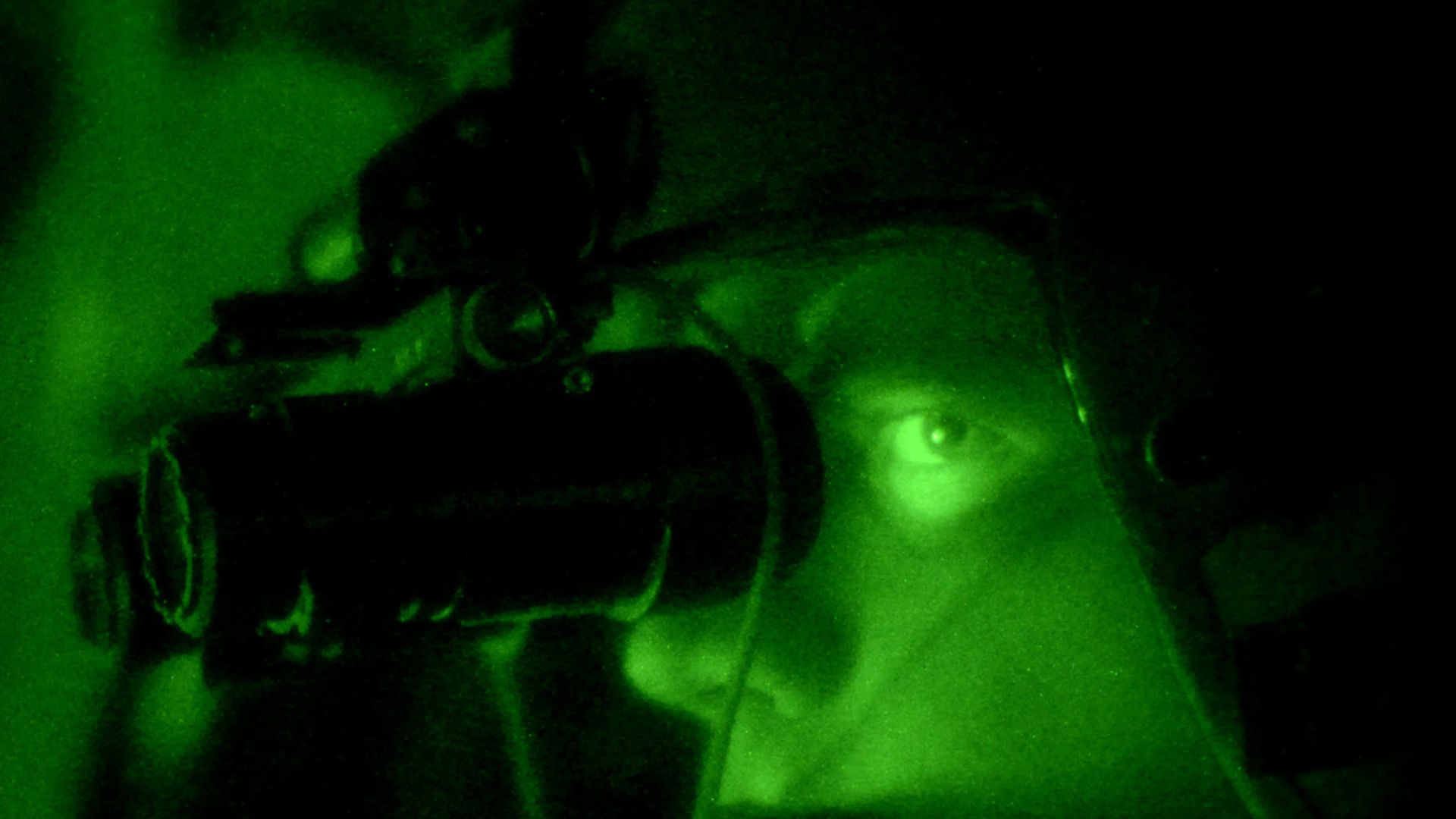 Photo Courtesy of PEO Soldier. Original uploader was Koalorka at en.wikipedia, Wikimedia Commons
Photo Courtesy of PEO Soldier. Original uploader was Koalorka at en.wikipedia, Wikimedia Commons
Gasoline (Stored Safely)
Engines need fuel, and when pumps stop working, stored gas becomes your go-to. Use fuel stabilizers to extend shelf life beyond a year, and rotate stock regularly. Store it in metal containers, not plastic, as fumes ignite. In a crisis, gasoline fuels mobility.
 BrokenSphere, Wikimedia Commons
BrokenSphere, Wikimedia Commons
Propane Canisters
Grill, heat, cook—propane does it all. Small Coleman canisters, power stoves, and lanterns. When sealed, propane stores indefinitely. Use it for comfort or barter, a warm meal, or a heated tent on a cold night. These gems are priceless, and in winter zones, propane may even save lives.
Solar Panels
Portable power revives the grid, and solar panels bring electricity where it was once lost. Use them for radios, flashlights, or even water purification with UV units. The foldable and waterproof models fit in packs, and you are better positioned to have one.
 David Hawgood , Wikimedia Commons
David Hawgood , Wikimedia Commons
Candles And Lamp Oil
Light attracts people, warms hands, and it also wards off fear. Beeswax candles burn cleaner and longer, while lamp oil provides hours of glow. Darkness kills morale, but with candlelight, you literally get hope in a flame. Stock up for spirit and barter.
Alcohol (Everclear, Whiskey, Vodka)
High-proof alcohol isn’t just for drinking—it’s a disinfectant, pain reliever, fuel, and trade commodity. Everclear (190-proof) can sterilize wounds, start fires, or be diluted for barter. Whiskey and vodka hold value for morale and medicinal use. See that bar cabinet you have? Stock it all the way up.
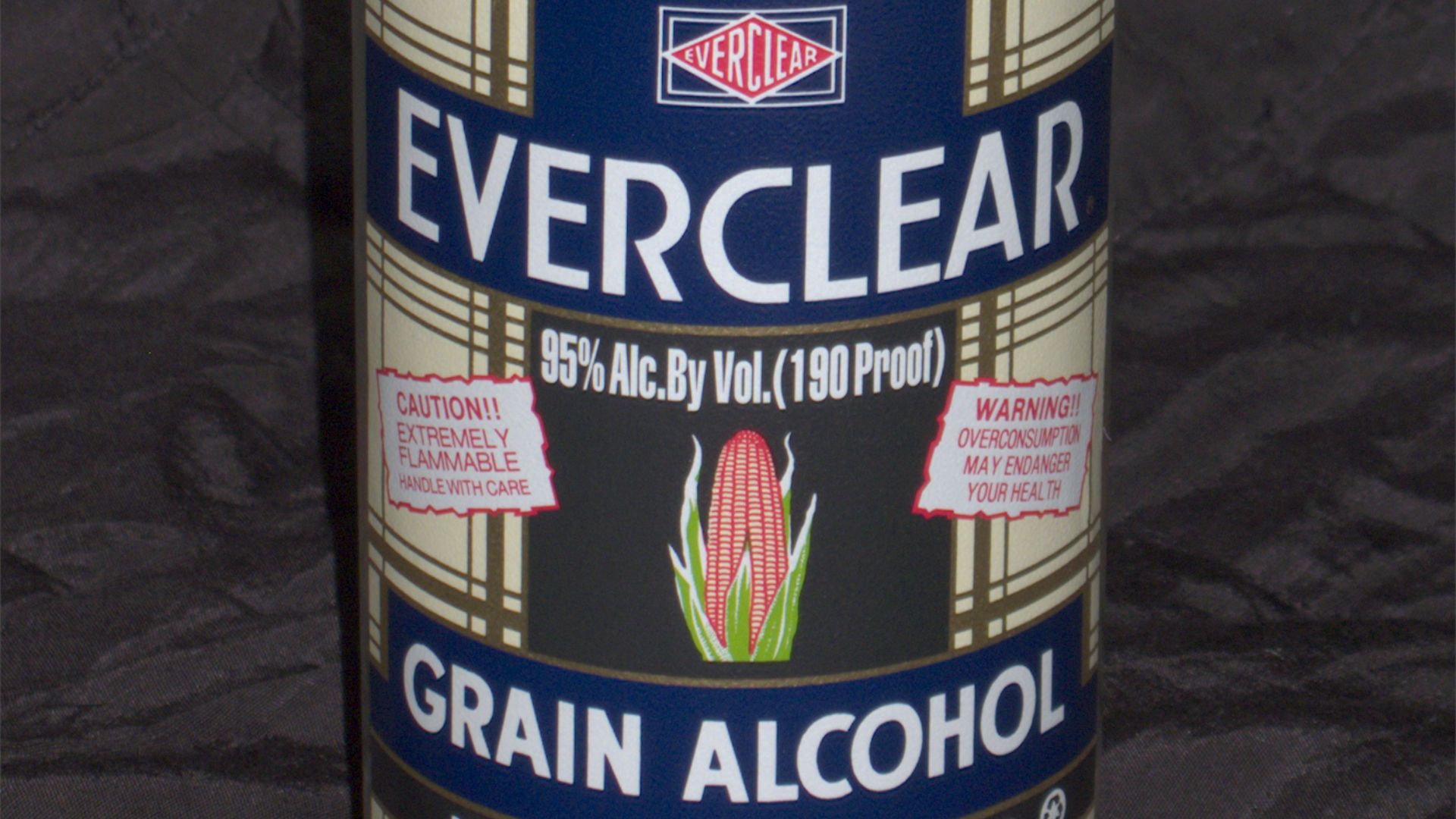 The original uploader was Bighead at English Wikipedia., Wikimedia Commons
The original uploader was Bighead at English Wikipedia., Wikimedia Commons
Bicycles & Repair Kits
When fuel runs out, bicycles become the fastest way to travel. A sturdy bike with puncture-proof tires and a repair kit (patch glue, wrenches, spare tubes) is worth it. Bikes don’t need gas; they’re quiet and extend your range for scavenging or trading. In post-collapse economies, mobility equals opportunity.
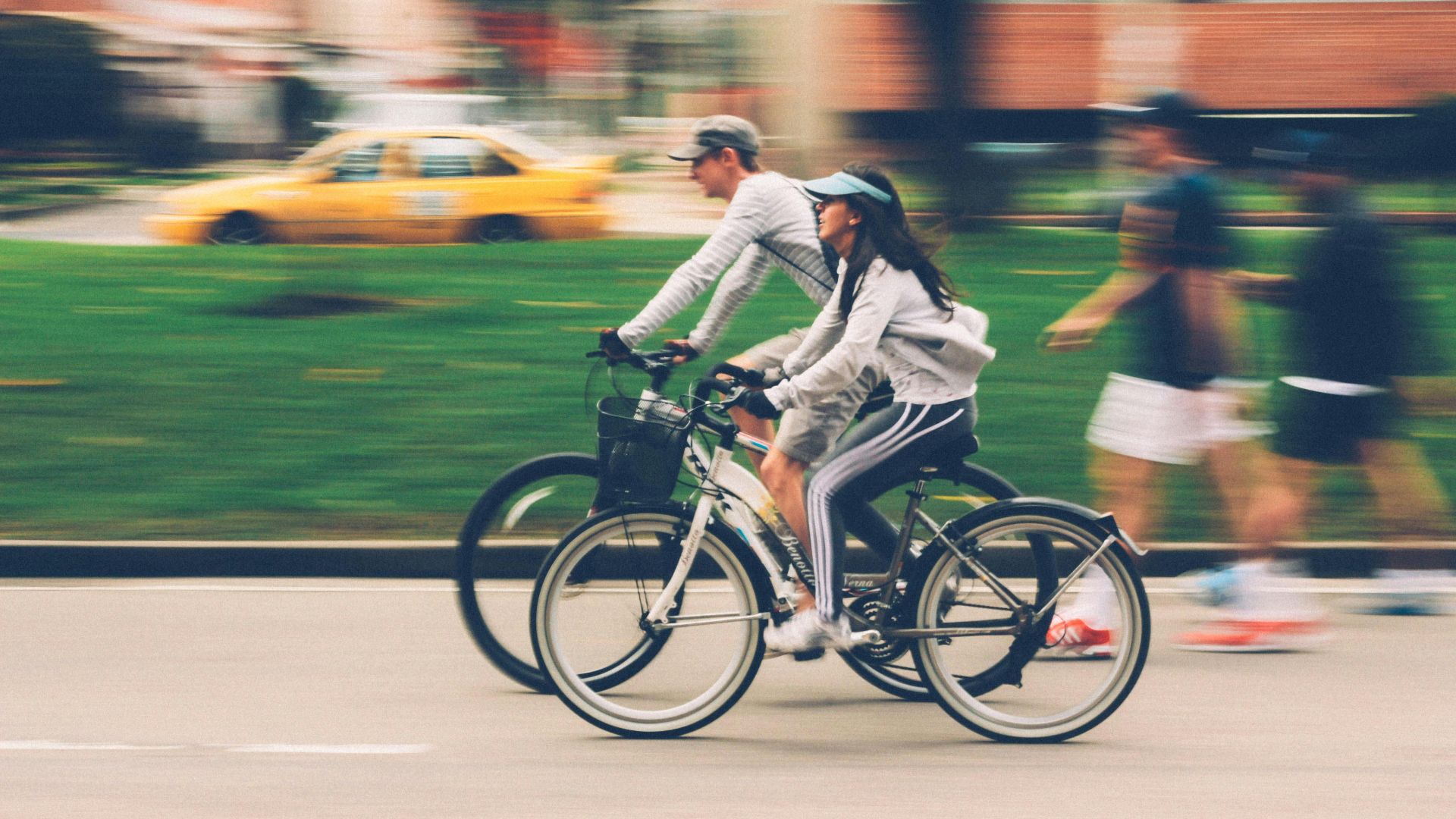 Nubia Navarro (nubikini), Pexels
Nubia Navarro (nubikini), Pexels
Manual Grain Mill
Wheat, corn, oats, and a few other grains last decades if stored properly, but grinding them by hand is brutal. A manual grain mill turns hard kernels into flour for porridge or trade. The best to get are cast-iron grinders, which are used by these last generations.
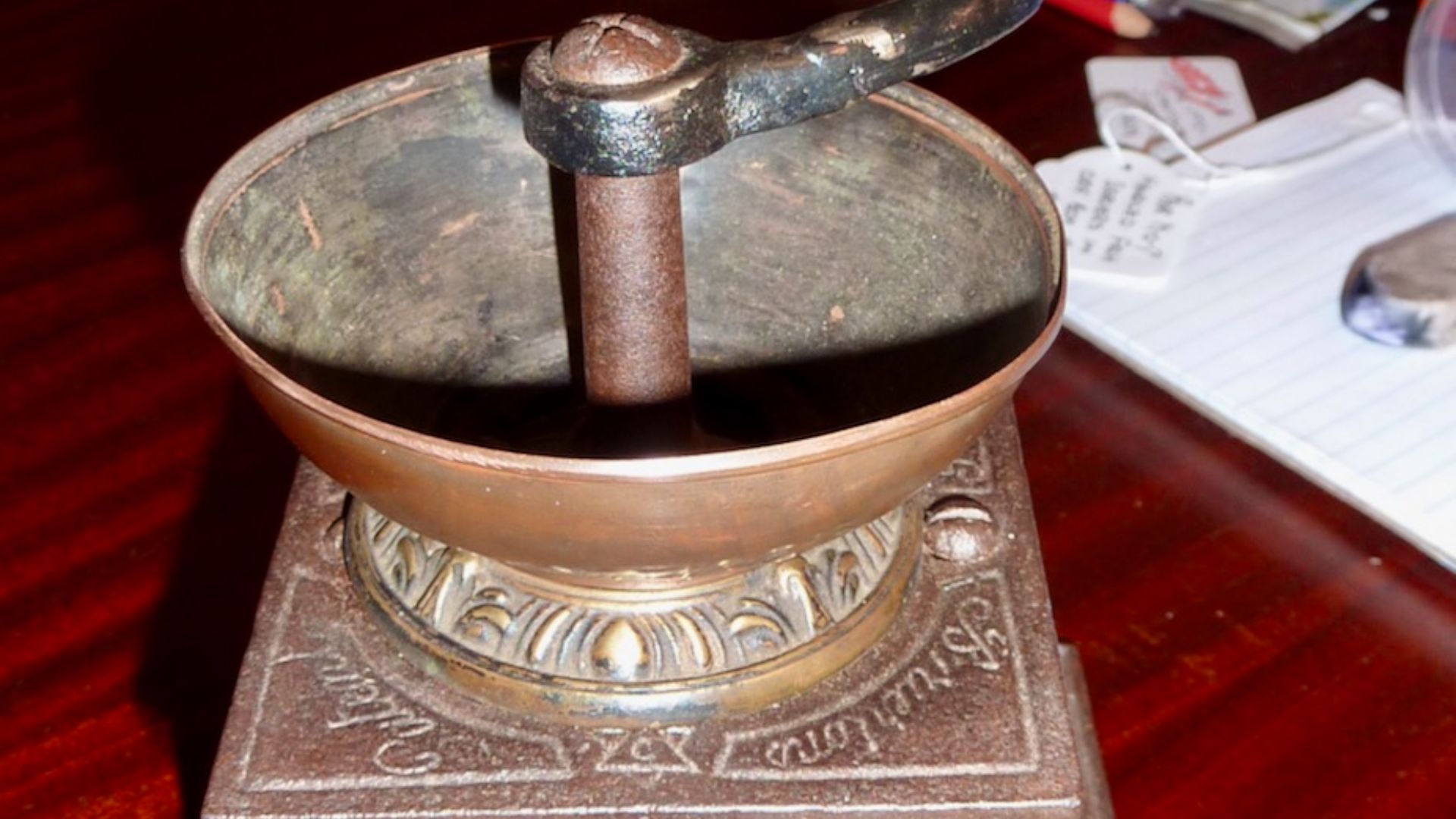 Tangerineduel, Wikimedia Commons
Tangerineduel, Wikimedia Commons
Livestock (Chickens, Rabbits, Goats)
Animals are self-replicating food sources, so have them around. You don’t have to go all out, Old McDonald; just keep chickens for eggs and meat, rabbits for meat since they breed quickly, and goats for milk (and can clear brush). Bartering live animals—or their offspring—creates long-term value.
Books (Medical, Farming, Mechanics)
Knowledge is power when the internet vanishes. A PDR (Physicians’ Desk Reference) could save lives, while The Encyclopedia of Country Living teaches farming and food preservation. Then, auto-repair manuals keep engines running. In a barter economy, information is as vital as supplies.
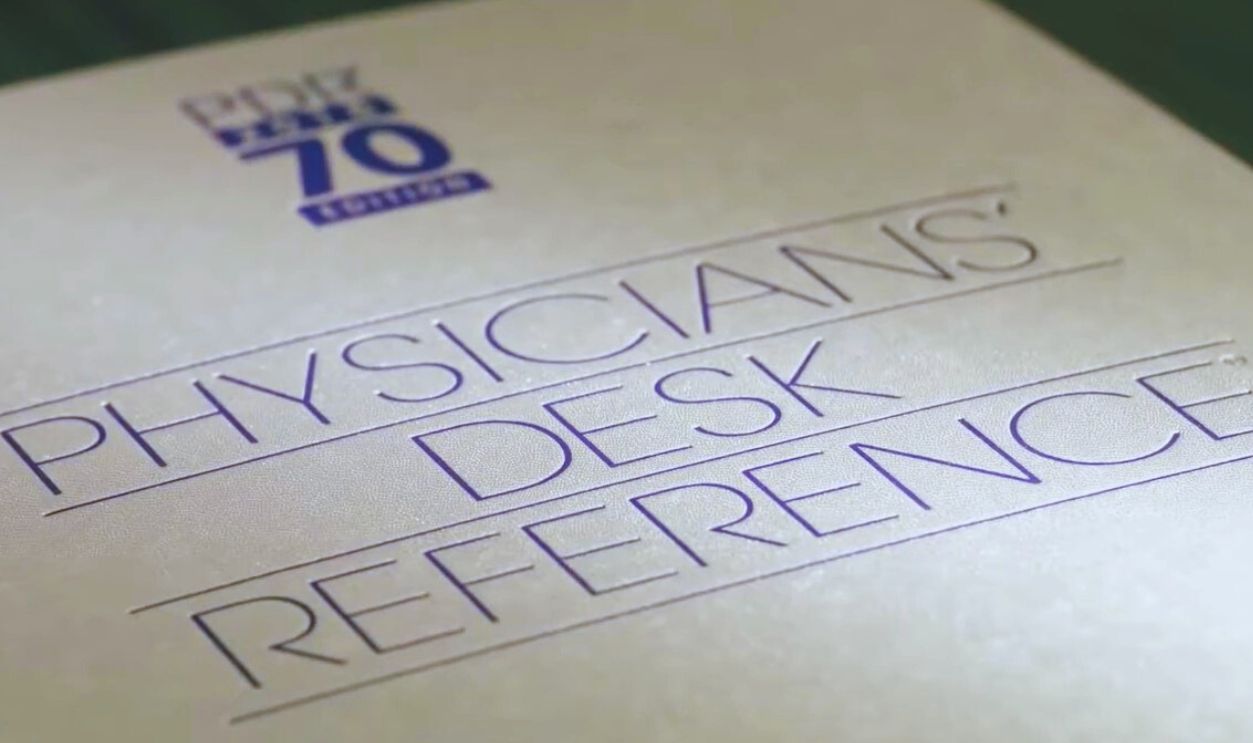 PDR (Physicians' Desk Reference) Present 2016 by Healthy Lifestyle Be Your Own Doctor
PDR (Physicians' Desk Reference) Present 2016 by Healthy Lifestyle Be Your Own Doctor



